Welcome to Good Market Info!
Click the logo to return to the Good Market app
Welcome to Good Market Info! Click the logo to return to the Good Market global app.

Welcome to the 96 social enterprises, cooperatives, responsible businesses, civic organizations, and networks that became Good Market approved in September 2022! This month’s roundup includes new community members from New Zealand, Australia, Sri Lanka, India, Pakistan, Uganda, Cameroon, Nigeria, Turkey, Hungary, Germany, Netherlands, Denmark, United Kingdom, Brazil, United States, and Canada. More than 2,478 enterprises across 88 countries are now part of the Good Market commons.
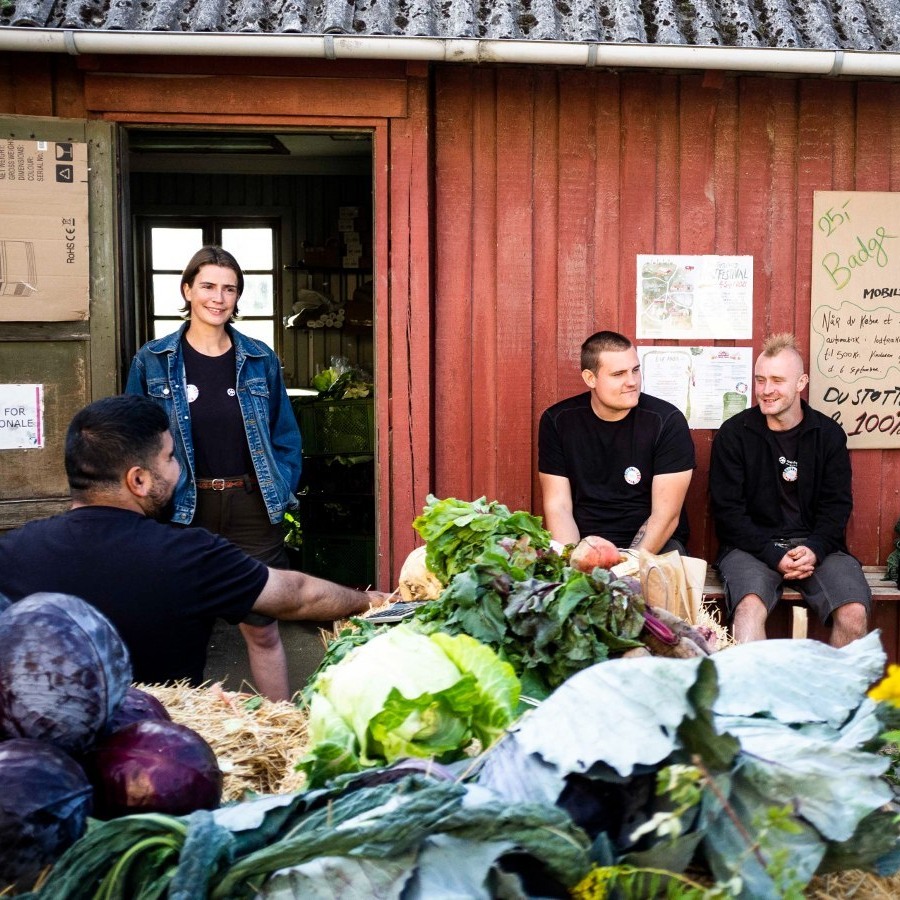
Ballerup, Denmark
Grantoftegaard is a farm in the village of Pederstrup that “sows life and harvests clean groundwater” to create a more sustainable and resilient society. They use organic agricultural production to help people with barriers to education and employment develop life skills and practical work experience. Young people work in teams to cultivate and harvest crops in the fields and greenhouse, care for animals and nature, maintain the facilities, prepare meals and baked goods, serve guests, and learn Danish and mathematics in the Grantoftegaard school. The farm welcomes more than 50,000 visitors each year with a range of activities for nature lovers of all ages. They sell fresh organic produce from an open cart, operate a farm cafe, offer tours and carriage rides, host school groups, meetings, and events, and organize talks and educational programs on ecology and regenerative farming. Grantoftegaard is a social foundation, a registered social enterprise Registreret Socialøkonomisk Virksomhed (RSV), and is authorized to use the Danish organic label Statskontrolleret Økologisk. They are members of Kooperationen and Kooperativ København.
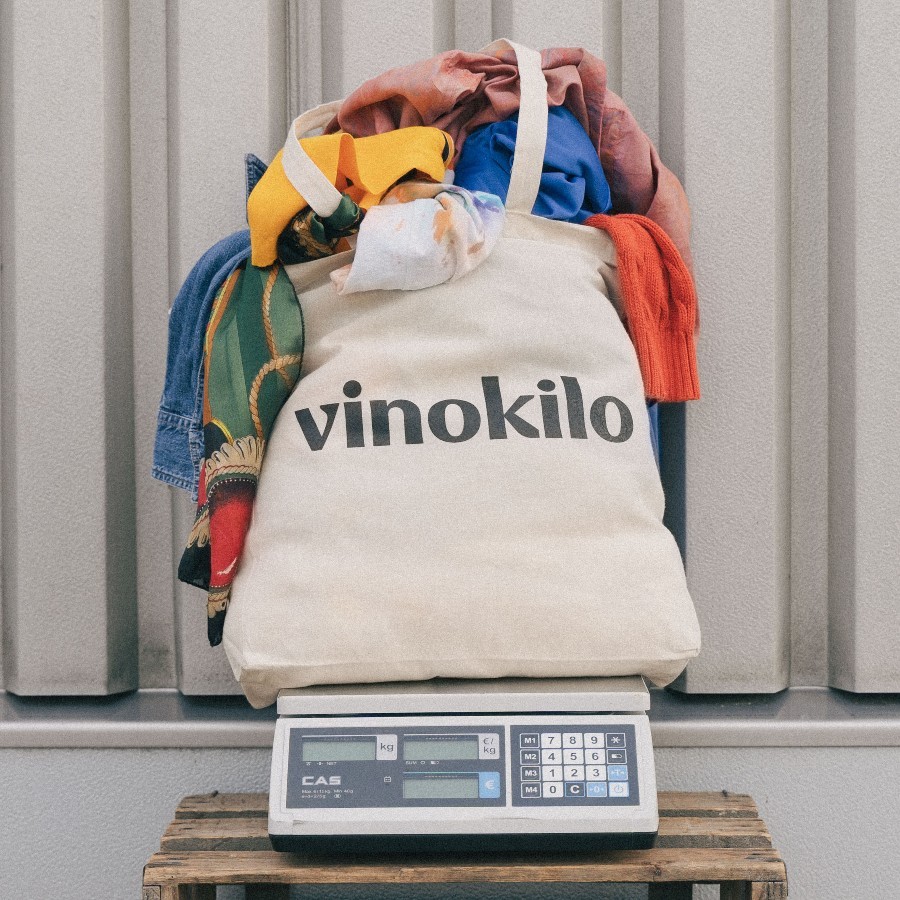
Bodenheim, Germany
Vinokilo makes secondhand fashion more inclusive and accessible by offering handpicked vintage clothing online and through their by-the-kilo events and popup shops across Europe. They sort through millions of discarded garments, rescue and clean quality pieces, and carefully mend, steam, and sort clothing items for their diverse community. By providing an attractive alternative to fast fashion, Vinokilo reduces textile waste, lowers demand for new clothes, and celebrates conscious consumption and individuality. Online orders are shipped in recyclable Forest Stewardship Council (FSC) certified boxes, sealed with natural rubber tape, and packed with an organic cotton lavender bag and seed paper flyer. Vinokilo organizes diversity, equity, and inclusion workshops, sustainability training, and free services to support the safety, health, and wellbeing of their team. They are working with partners like Planetly and TravelPerk to assess and reduce their carbon footprint for both ecommerce and events. Through Vinokilo Circle, community members can donate their preloved items for upcycling or recycling and receive discount vouchers in return.
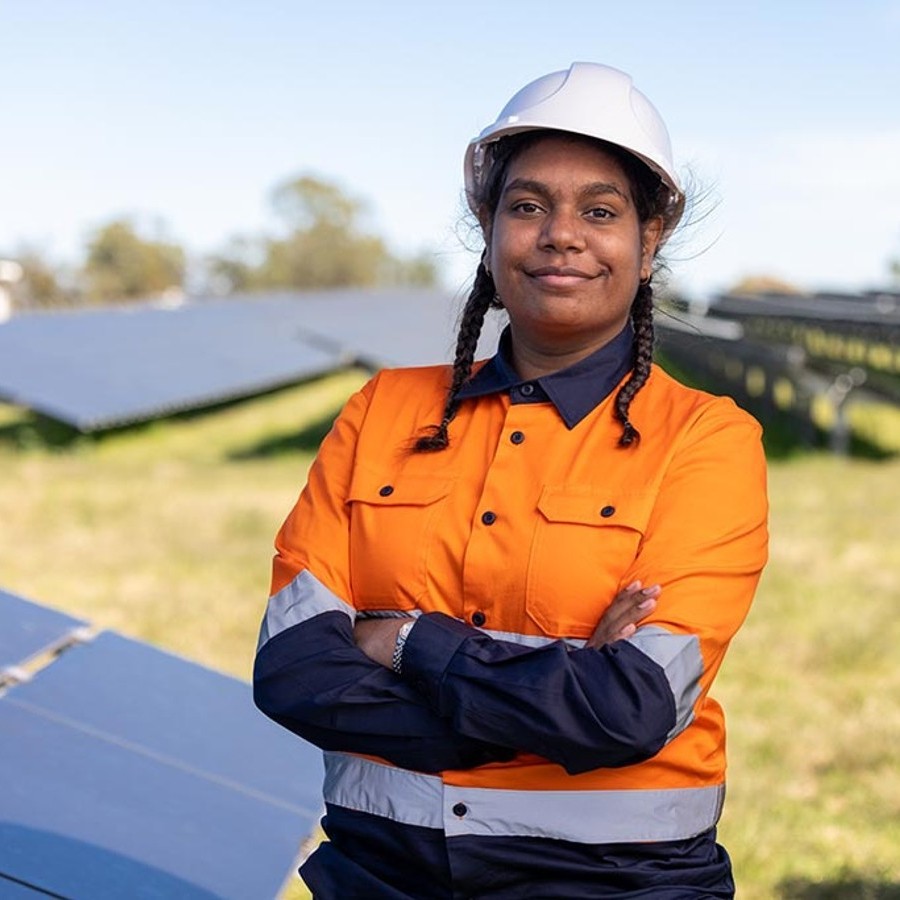
Richmond, Victoria, Australia
Indigenous Employment Partners contributes to ending the cycle of poverty and hardship in Indigenous Australia by building capacity and fostering self-sufficiency through employment. They provide culturally appropriate recruitment, mentoring, training, and employment services for Aboriginal and Torres Strait Islander people and the organizations who employ them. In addition to these ongoing services, Indigenous Employment Partners offers targeted programs including Power to Work, a 26-week reintegration and employment program for reformed Indigenous offenders, and Bundap Marram Durn-Durn, which supports working Aboriginal and Torres Strait Islander women. They also manage Printing with Purpose, a multimedia and print enterprise in Melbourne, and Barmal Bijiril, a First Nations community-led philanthropic fund. Indigenous Employment Partners is an Aboriginal managed and controlled Public Benevolent Institute, a Social Traders Certified Social Enterprise, and a registered charity under the Australian Charities and Not-for-profits Commission (ACNC). They are part of Kinaway, Supply Nation, and the New South Wales Indigenous Chamber of Commerce.
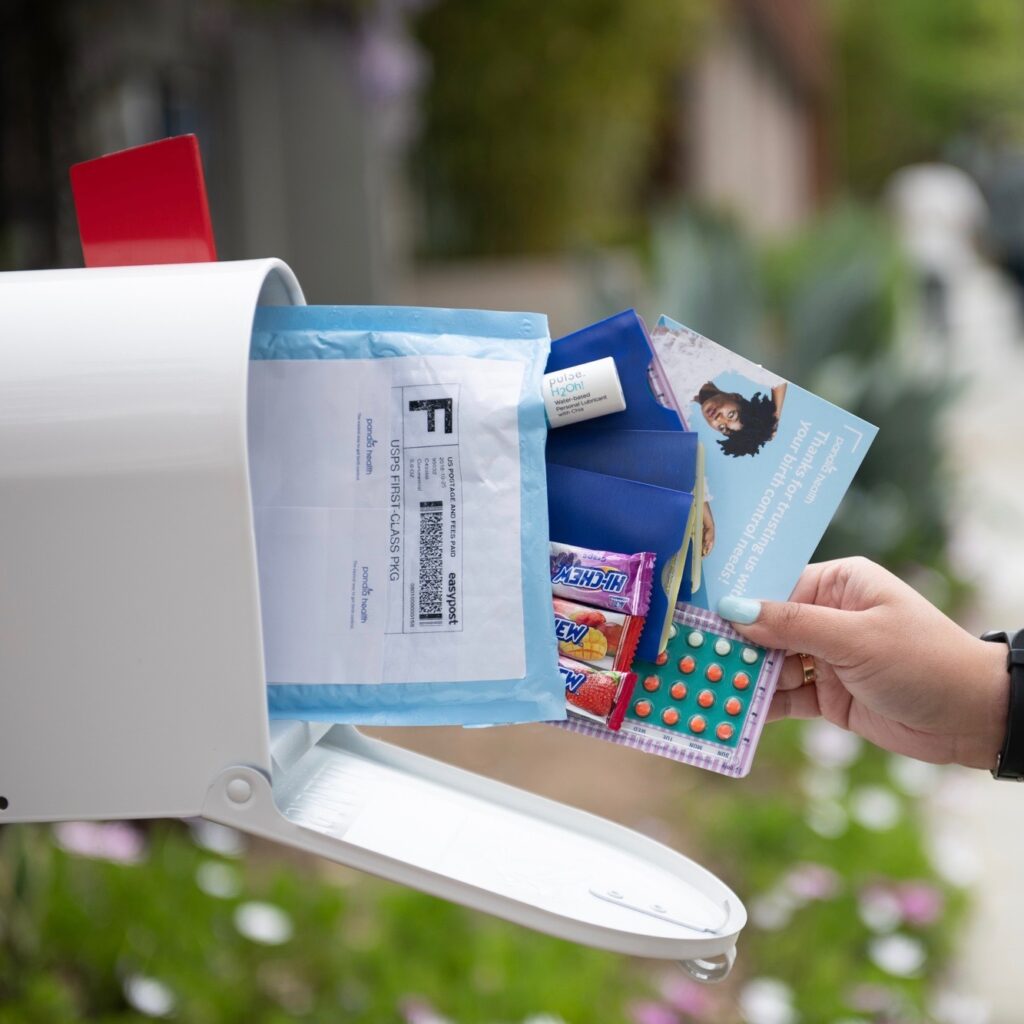
Sunnyvale, California, United States
Pandia Health improves women’s lives by providing accessible, high-quality women’s healthcare in the United States. They have an in-house team of doctors, provide telemedicine consultations and written prescriptions, and offer online birth control delivered by mail. Whether women need medication for family planning, acne, premenstrual syndrome management, dysmenorrhea, endometriosis, or another reason, they make the process confidential, convenient, and affordable. Birth control is free with insurance and starts at seven dollars per pack without. People in need can apply for financial assistance through the Pandia Health Birth Control Fund. Pandia Health conducts research to improve care for racial minorities and is committed to health education. They produce informative online content and offer free educational programs for any group with more than 30 attendees. Pandia Health is part of Coralus, One World, and Springboard Enterprises.
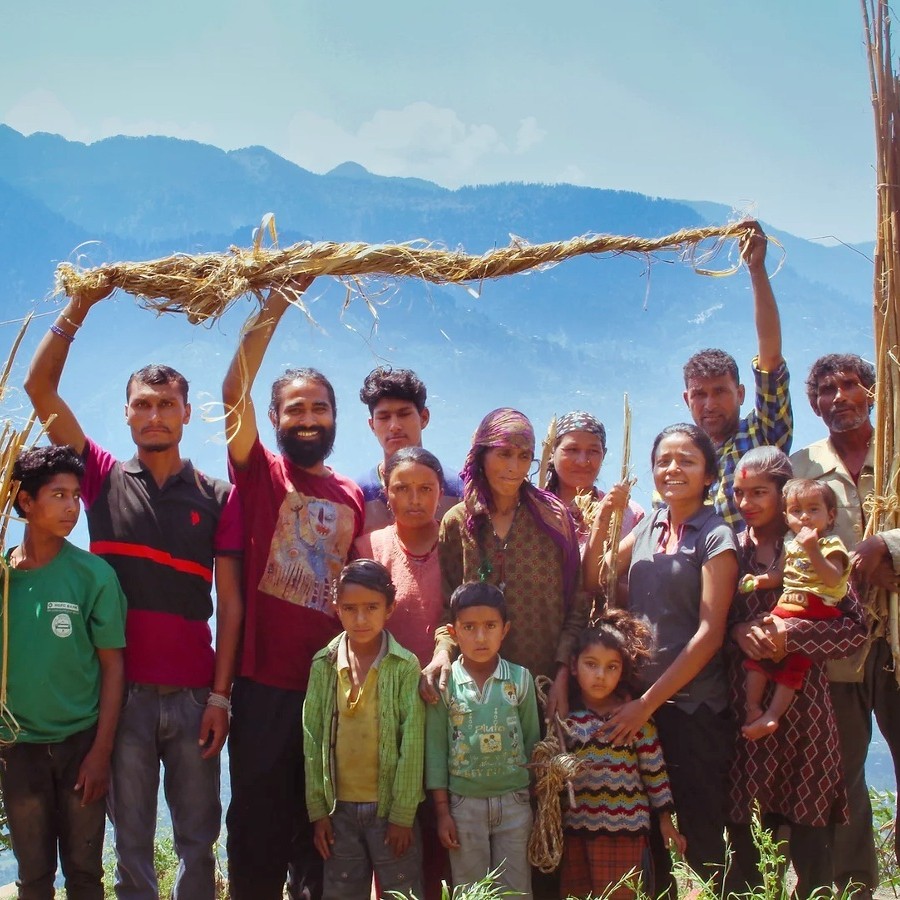
Samal, Himachal Pradesh, India
Himalayan Hemp uses a cooperative model to preserve indigenous Himalayan cannabis hemp varieties, develop environmentally responsible products and services, and uplift village economies in the Himalayan region. Initial products include reusable hemp menstrual pads and N95 hemp respirator masks. They also offer hands-on hempcrete workshops to teach people how to make bricks, slabs, walls, and carbon negative natural buildings from a hemp biocomposite. Future products include Himalayan hemp fabrics, clothing, and accessories, hemp paper and stationery, edible hemp seeds, hemp seed oil, and hemp flour, animal fodder, and raw materials like hemp fiber, hurds, and stalks. They are developing a holistic community that includes a farmers cooperative, artisans cooperative, seed bank, not-for-profit research foundation, manufacturing and marketing company, and a healing center. Elected representatives from each of these units will be responsible for policy making and governance. Himalayan Hemp organizes menstrual awareness campaigns in rural schools to increase access to hemp sanitary pads.
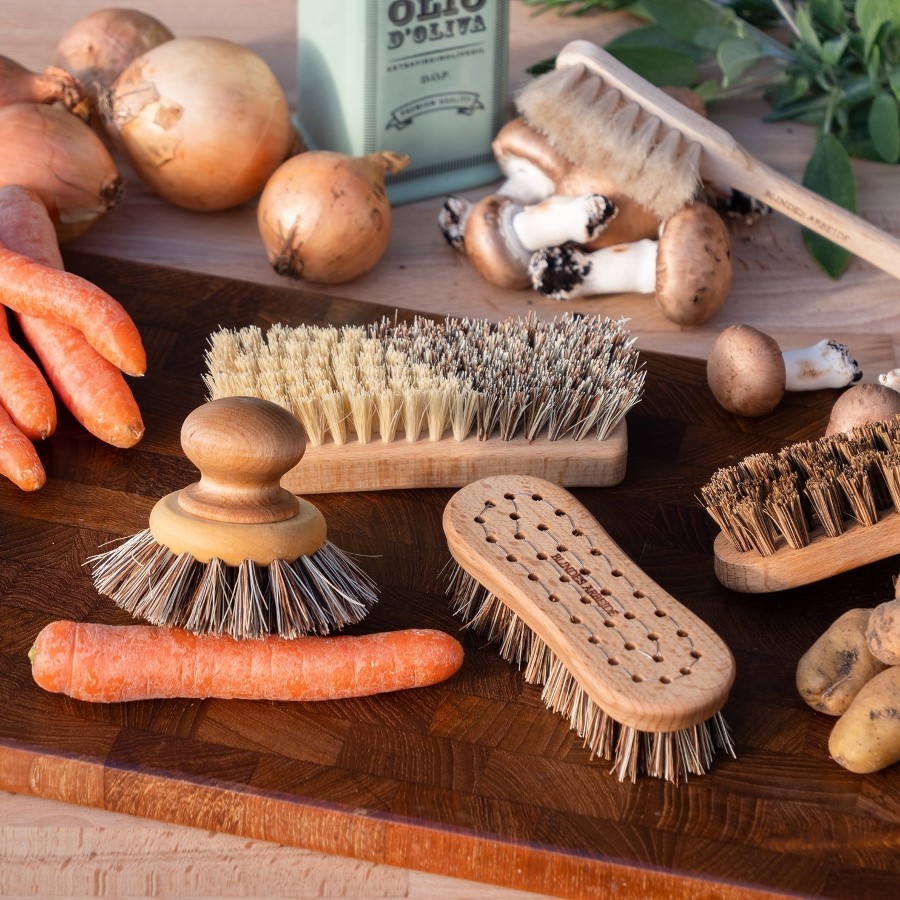
København, Denmark
Blindes Arbejde was established in 1929 to provide training and employment opportunities for blind and visually impaired people in Denmark. Their workshops produce durable, handcrafted brooms, brushes, baskets, chairs, mats, and textiles from sustainably sourced and upcycled materials. Products are sold wholesale, online, and through a network of retail shops throughout the country. The shops also offer repair services. Blindes Arbejde collaborates with designers and brands to create custom and private label products and partners with municipalities, organizations, and companies on social procurement and CSR initiatives. They welcome visitors to experience their craftsmanship and learn about visual impairment and the social economy. Blindes Arbejde is registered as a business foundation, and their board includes employee representatives and representatives from the Danish Association of the Blind. They are part of GoGreen Denmark, Selveje Danmark, and Sociale Entreprenører i Danmark.

Campinas, Brazil
Escola do Mecânico addresses record unemployment and gaps in the automotive aftercare market by helping low-income Brazilians access professional qualifications as motorcycle or automotive mechanics and empowering them to find jobs or set up their own businesses. They started as a small project to train minor offenders at Fundação Casa in Campinas and now have more than 35 schools across nine Brazilian states through a social franchise model. Escola do Mecânico partners with financial service providers to ensure the courses and training programs are accessible and offers scholarships to students in need. The schools are inclusive by design and provide training for women, people with disabilities, and other participants that face traditional barriers to employment. Escola do Mecânico is committed to public health and environmental protection and includes specific modules on recycling and the correct disposal of vehicle parts and waste. They are part of Yunus Social Business, Conscious Capitalism Brazil, and other social impact networks.
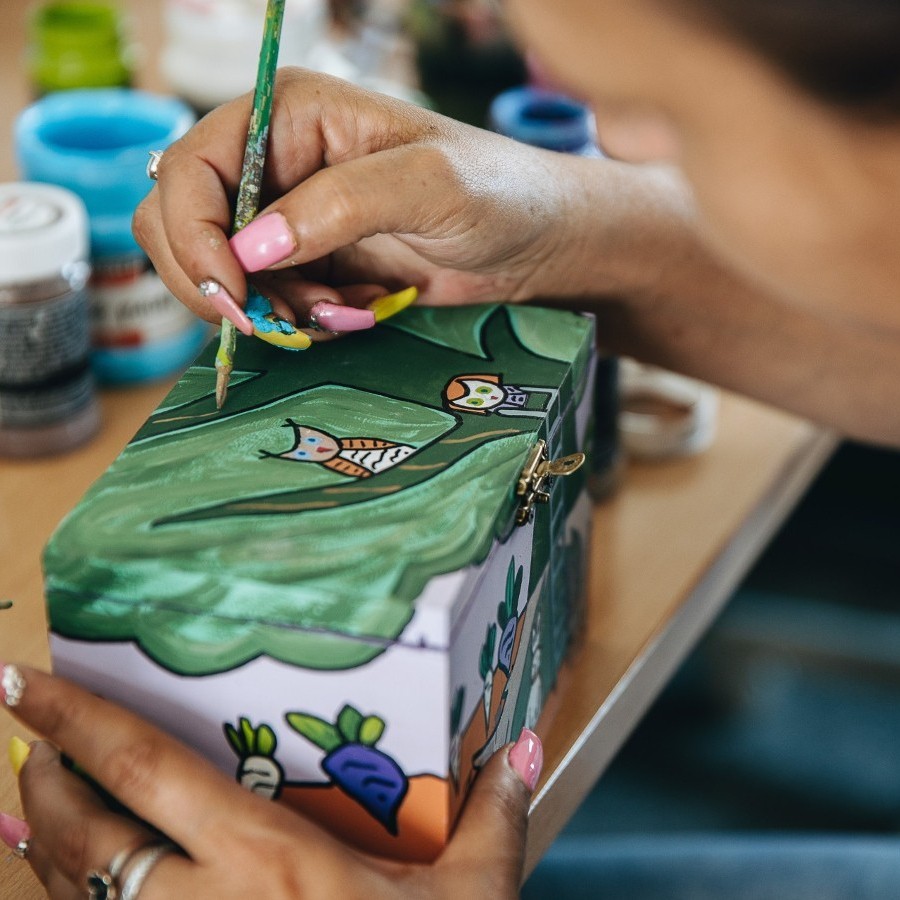
Told, Hungary
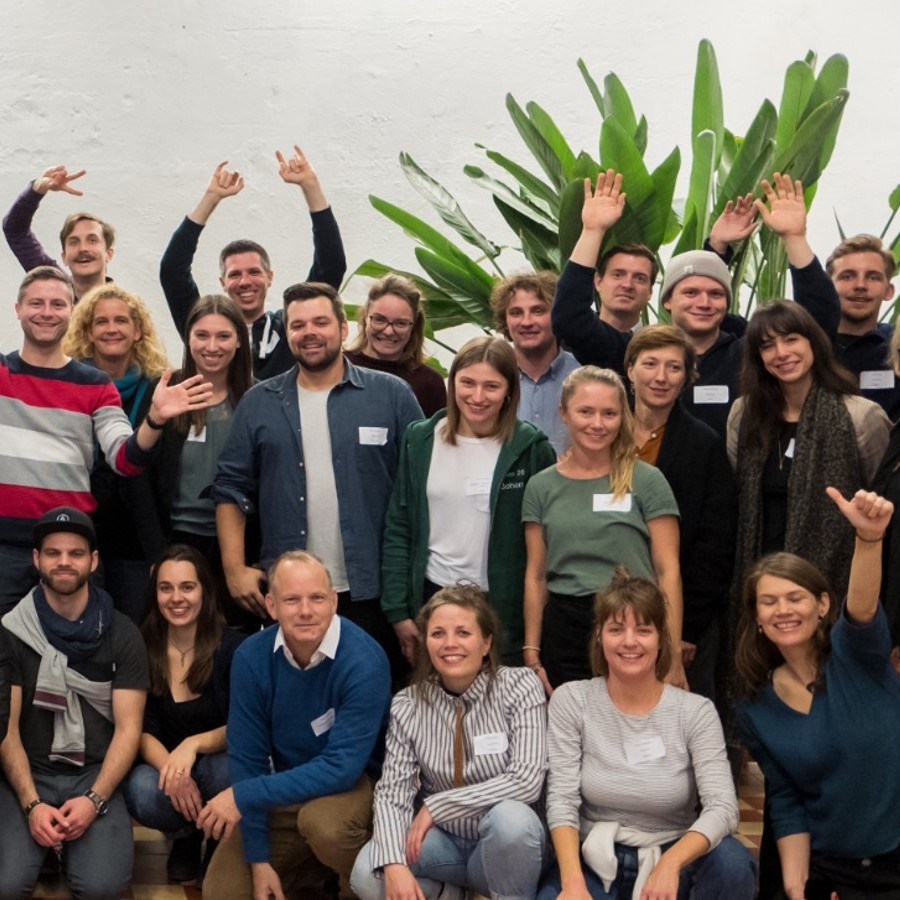
Berlin, Germany
Social Entrepreneurship Netzwerk Deutschland (SEND) was started to bring together social enterprises in Germany, increase their visibility, and give them a greater voice. The network includes hundreds of social enterprise members and supporting members that connect through online channels, workshops, events, working groups, and regional groups. They are working together to improve the political and financial framework for social entrepreneurship. This includes developing a federal social innovation strategy, expanding financial instruments for social enterprise, and establishing social innovation and startup centers throughout the country. SEND conducts an annual study on the needs, challenges, and potential of social entrepreneurs in Germany, works with other stakeholders through the Meta-Akteursnetzwerk, and coordinates campaigns like Buy Social Deutschland to help corporations include social enterprises in their supply chains. SEND is registered as a not-for-profit association and is part of Euclid Network.
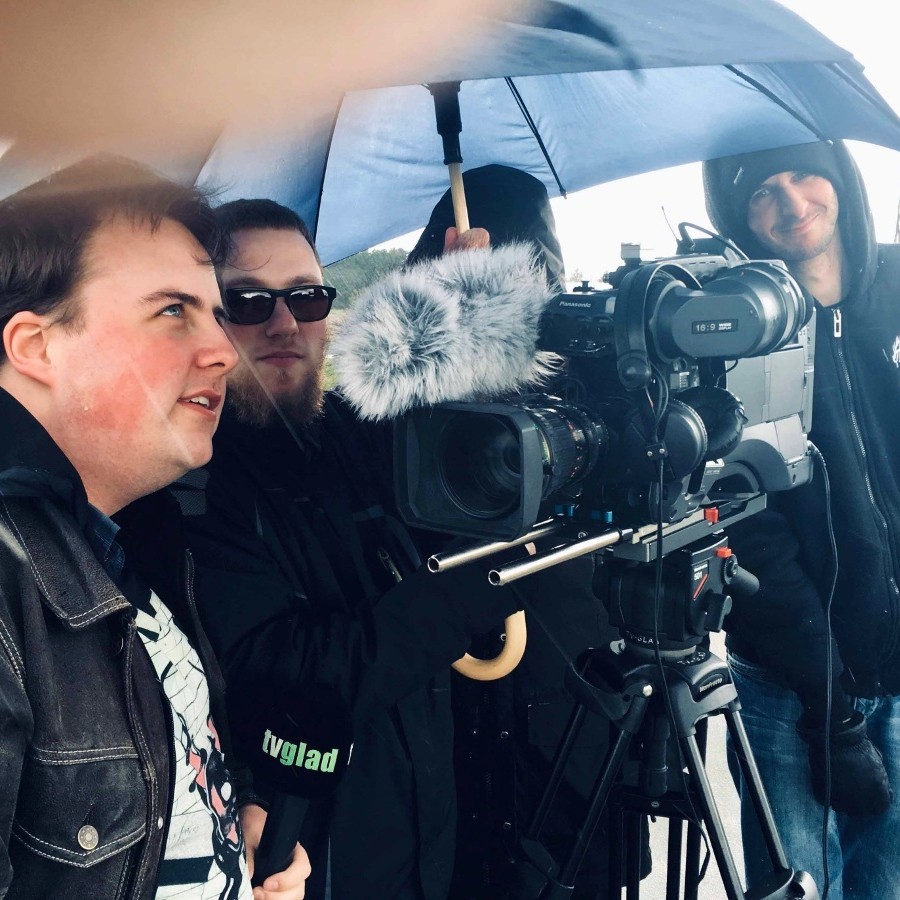
København, Denmark
Glad secures education, meaningful employment, and freedom of expression for people in Denmark with cognitive disabilities. They believe that people with different backgrounds are an asset that can make the society we live in richer, happier and more inspiring. Glad started in 1999 with the world’s first television station for and with the developmentally disabled and now offers media, design, education, employment, catering, cleaning, and facility services and a theater and zoo through branches in Copenhagen, Aarhus, Esbjerg, Aabenraa, Vejen and Ringsted. In addition to providing direct opportunities through their own social economy companies, they partner with job centers, muncipalities, and corporations to create a more inclusive labor market in Denmark. Glad is registered as a not-for-profit commercial foundation and is part of Sociale Entreprenører i Danmark.
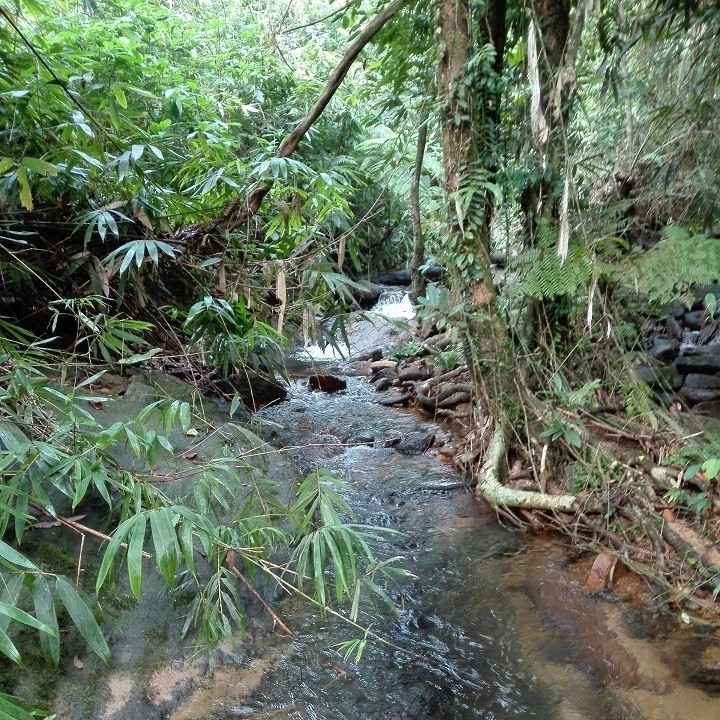
Weddagala, Sri Lanka
Rainforest Protectors Trust preserves rainforest in Sri Lanka through purchase and permanent conservation of privately held forest lands adjoining Sinharaja World Heritage Rainforest. Over the past century, more than 95 percent of the original ecosystem was destoyed, and the remaining forest is home to the majority of Sri Lanka’s endemic and endangered flora and fauna. Rainforest Protectors Trust focuses on creating a protected buffer zone and a biodiversity forest corridor that connects fragmented patches of forest to the north of Sinharaja. They acquire lands that are under threat of being cleared and lands that have already been cleared and can be reforested for conservation. Low income groups are welcome to use the protected land for non-destructive restoration. Rainforest Protectors Trust does not employ any paid staff members and minimizes expenses. All funds are used for land acquisition and conservation.
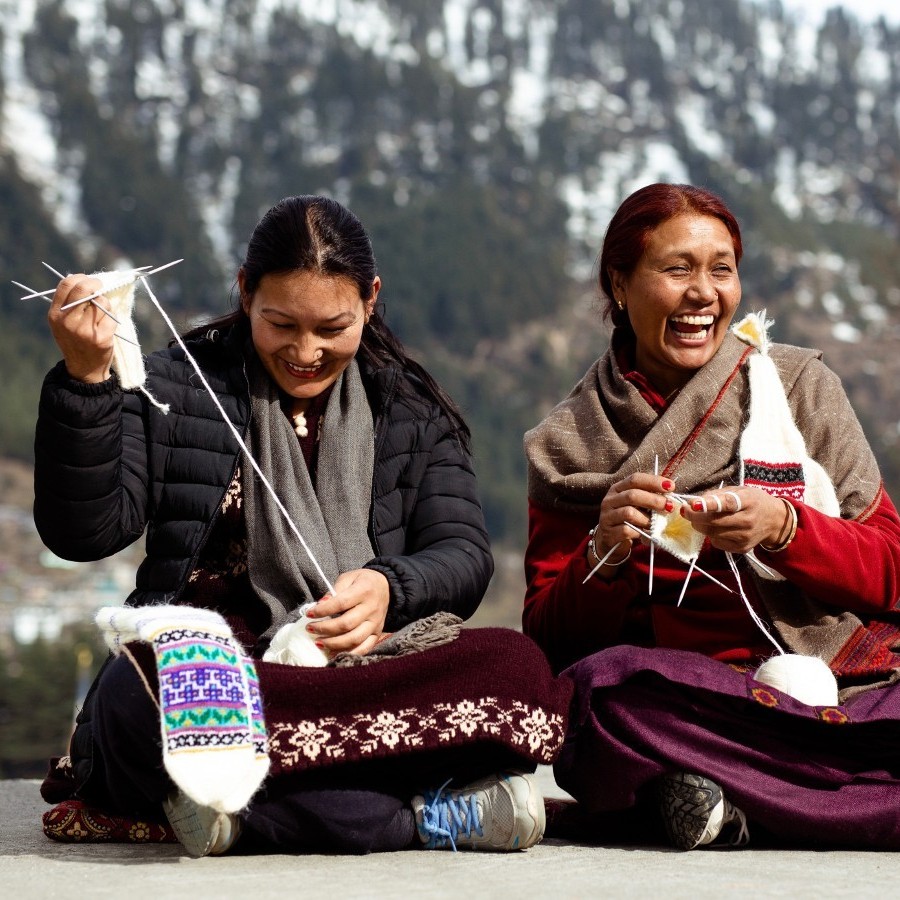
Kelowna, British Columbia, Canada
Fazl produces fair trade socks and accessories to support orphaned and destitute children in India. Their durable, vegan socks, hats, mittens, and scarves are handknit by women artisans in their Himalayan community using traditional local designs, and their travel cases and bags are handmade from discarded tire tubes and other upcycled materials. Fazl provides fair wages and dignified employment to their partner artisans and donates 50 percent of net profits to two children’s homes that they have worked with for many years. Each purchase provides education, food, shelter, clothing, and family to children born into desperate circumstances with a focus on creating systemic and generational change. Graduates from these homes have gone on to obtain a university education and serve others in need. Fazl is a member of Fair Trade Federation.
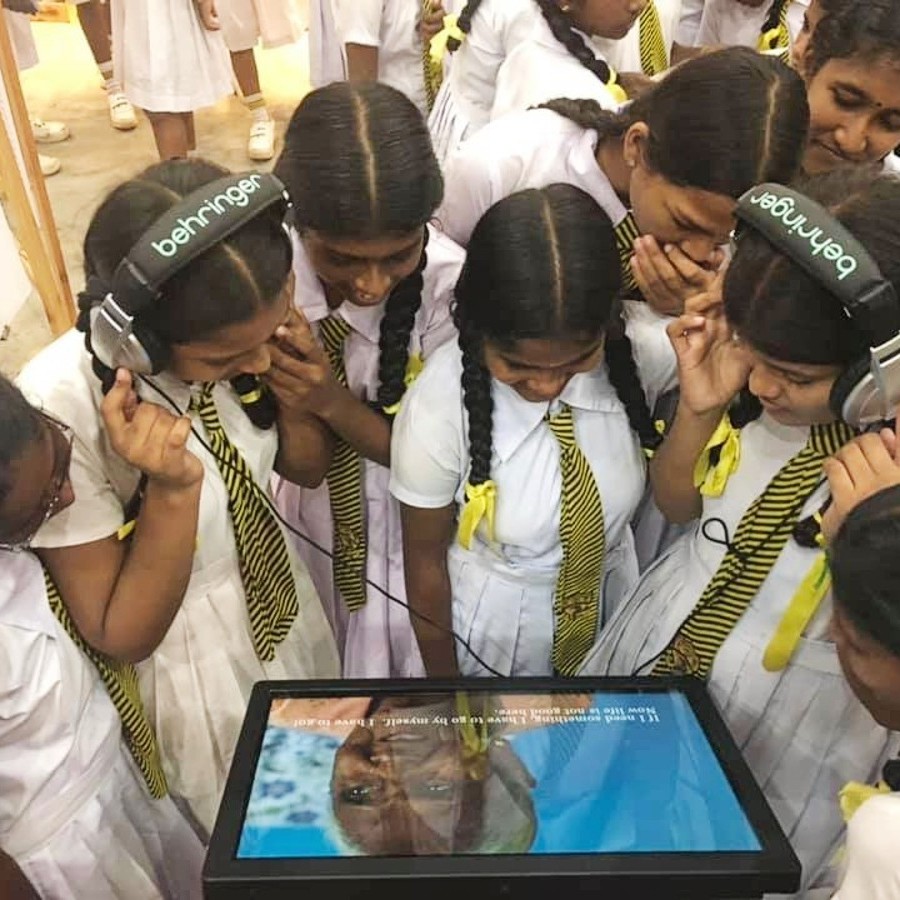
Colombo, Sri Lanka
Collective for Historical Dialogue & Memory (CHDM) was founded by an interdisciplinary group of practitioners to contribute to memory work and the practices of interrogating, documenting, and preserving forgotten and neglected aspects of Sri Lanka’s complex past. They focus on archival work, history education, museums, and historical dialog. CHDM works in Sinhala, Tamil, and English and offers memory walks, the traveling history museum, film screenings, and human library events. Activities are free and open to the general public.
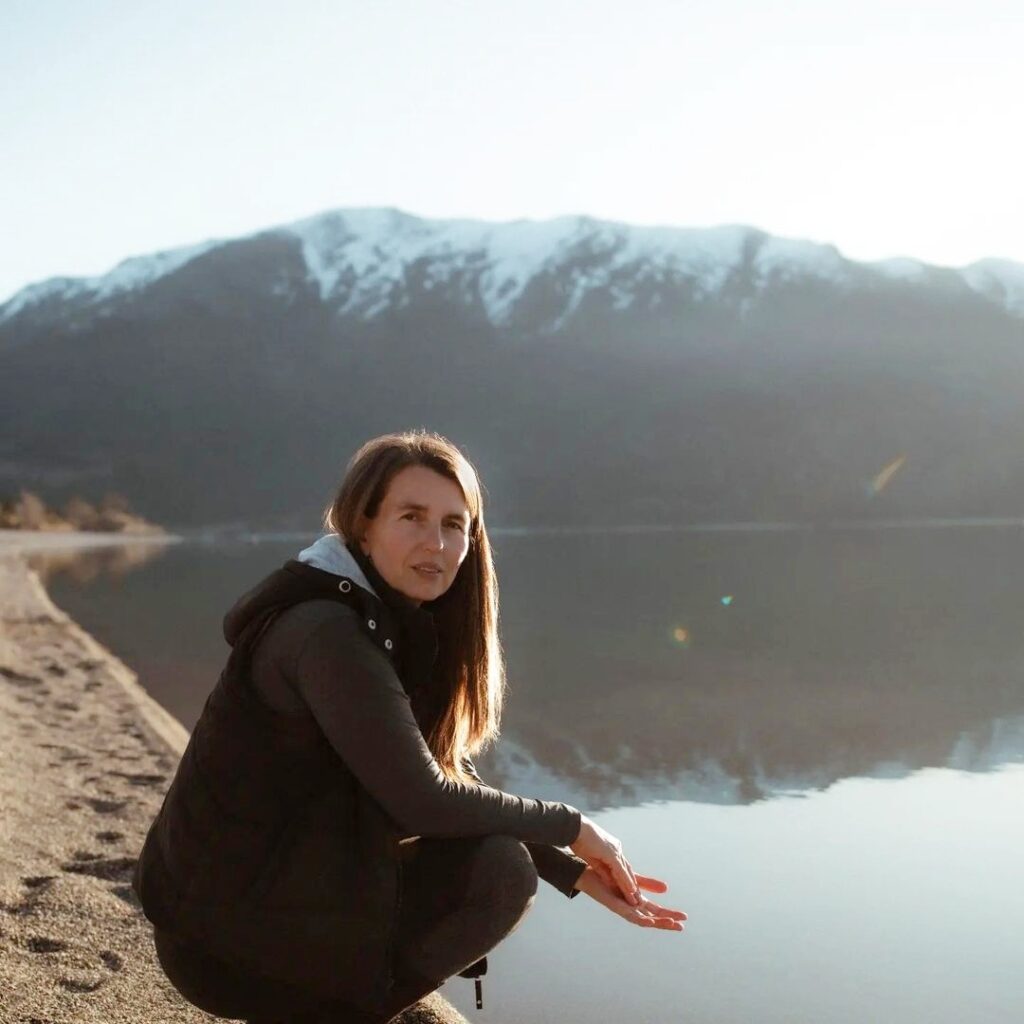
Lake Hāwea, New Zealand
Ready Zero Go provides accounting and coaching services in Aotearoa New Zealand that support the transition to regeneration and economic degrowth. They help small businesses measure emissions and waste, commit to targets, and introduce regenerative actions while keeping their finances healthy in a changing world. Ready Zero Go also helps individuals with planning and budgeting to transition to a life designed on purpose and with purpose. They create awareness of opportunities to own less and share more. Ready Zero Go offers discounted rates for social enterprises and individuals with a shared commitment. They are part of flaxroots, Degrowth Aotearoa, Extinction Rebellion NZ, Greenpeace NZ, Society of Cooperative Housing NZ, Social Enterprise Southern Lakes, Wastebusters, Wanaka Vegetable Growers Club, Kahu Youth, Bike Wanaka, Plunket, Grow Wanaka, and other community networks.
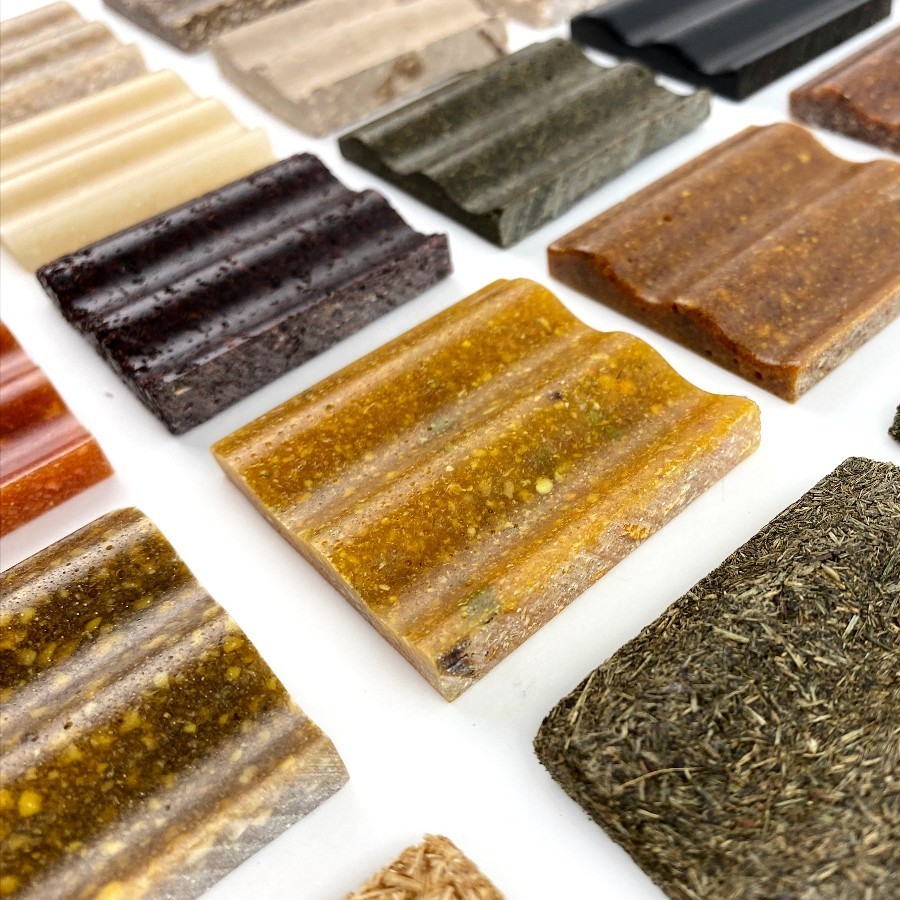
Manisa, Turkey
Ottan Studio develops circular materials to be used in sustainable interior design and industrial design projects. They collect agricultural, landscaping, and food waste from local producers, greenhouses, municipalities, and retailers, clean, dry, grind, and mix them with environmentally responsible resins, and inject them into molds to create sustainable biocomposites with the colors and textures of nature. Ottan materials can be used to produce decorative and structural panels, furniture, lighting, and other housewares without cutting a tree, quarrying stone and marble, or adding petrochemical colors. They reduce energy consumption and waste, prevent raw material extraction, and protect natural ecosystems.
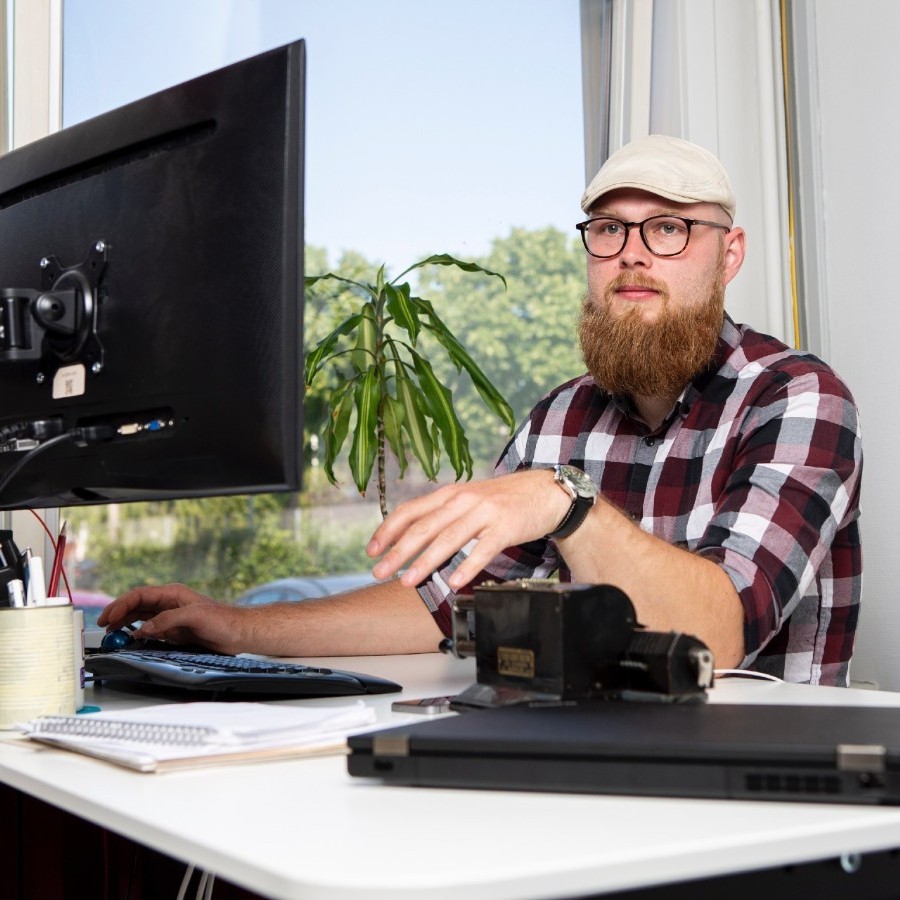
Viby, Denmark
Special Minds IT was established in 2004 to create employment opportunities for people on the autism spectrum and provide high quality software testing, automation, data management, and web accessibility services for companies across all sectors. Their neurodiverse team members have strong technical skills, unique cognitive abilities, and excellent attention to detail. Special Minds IT maintains workspaces in Aarhus, Silkeborg, Aalborg, and Kolding adapted to the needs of their team and employs project managers to support communication with clients. They are a registered social enterprise (RSV), a not-for-profit company under Den Sociale Udviklingsfond (SUF), and a member of Sociale Entreprenører i Danmark.

Budapest, Hungary
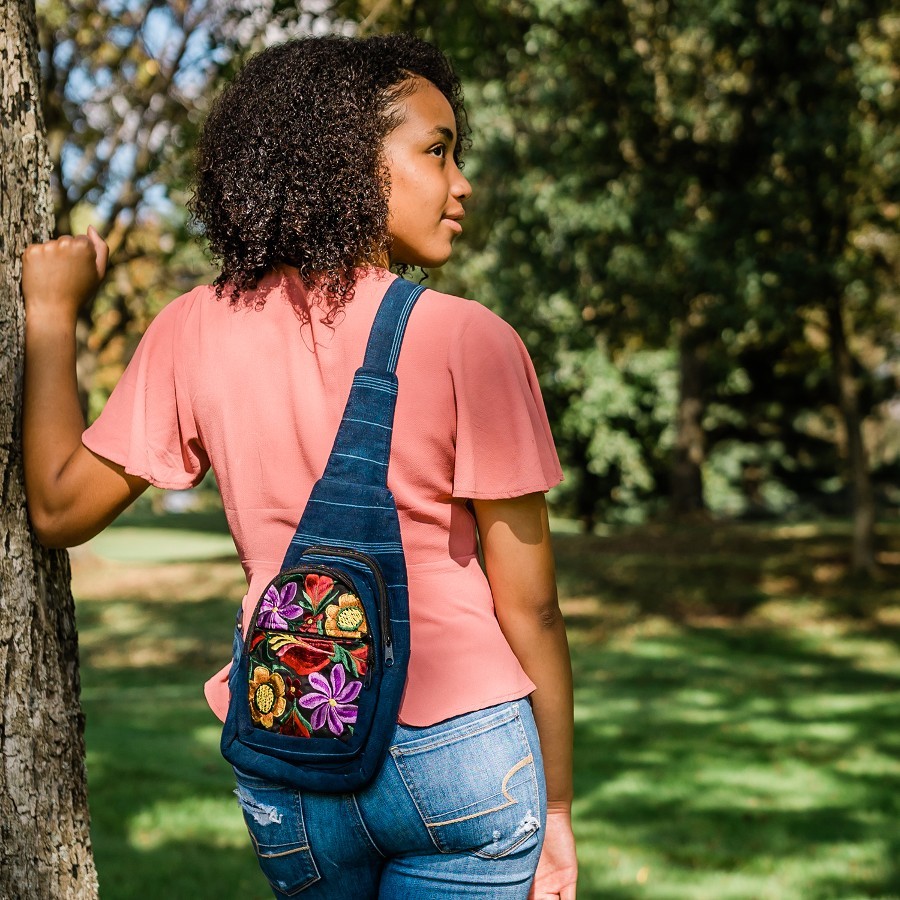
Lexington, Kentucky, United States
Lucia’s Imports partners with Guatemalan families, artisan groups, and cooperatives to provide fair trade market access for their handmade products. They collaborate with textile, ceramic, and beaded jewelry artisans to improve economic wellbeing and create modern, functional housewares and accessories that embrace traditional Mayan design. Products are available wholesale, in their Lucia’s World Emporium retail outlets, and online. Lucia’s Imports prioritizes environmentally responsible and sustainably sourced materials including natural fibers, upcycled textiles, and recycled packaging. They are a member of Fair Trade Federation, Green America, Local First Lexington, and Live Green Lexington.
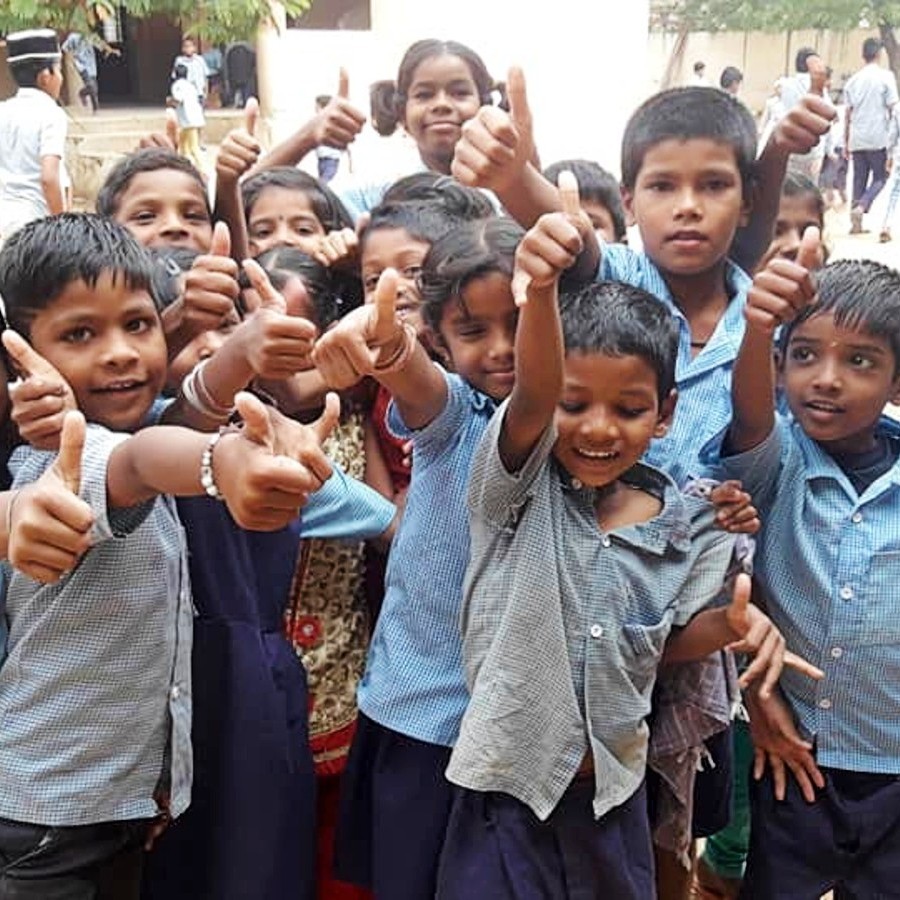
Hyderabad, Telangana, India
Ignis works with school leaders, teachers, and children in disadvantaged communities to reduce social inequality and ignite true potential through purposeful and joyful learning. After years of intensive research in Indian villages, they developed a culturally relevant and affordable English and Life Skills curriculum that breaks away from traditional passive teaching and exam-based rote memorization and creates a culture of active and collaborative learning. They adopt a participatory approach that includes activities, group projects, and classroom interactions to develop meta-learning skills and critical thinking and provide students with the tools to pursue higher education, make informed choices about their careers, and break the cycle of intergenerational poverty. Ignis integrates topics like nutrition, hygiene, social responsibility, and environmental awareness into their life skills curriculum. They target a 30 percent reduction in single-use plastics during their first year of engagement with a school. Ignis works with mission-aligned partners like Yunus Social Business, Acumen, and the Miller Center for Social Entrepreneurship.
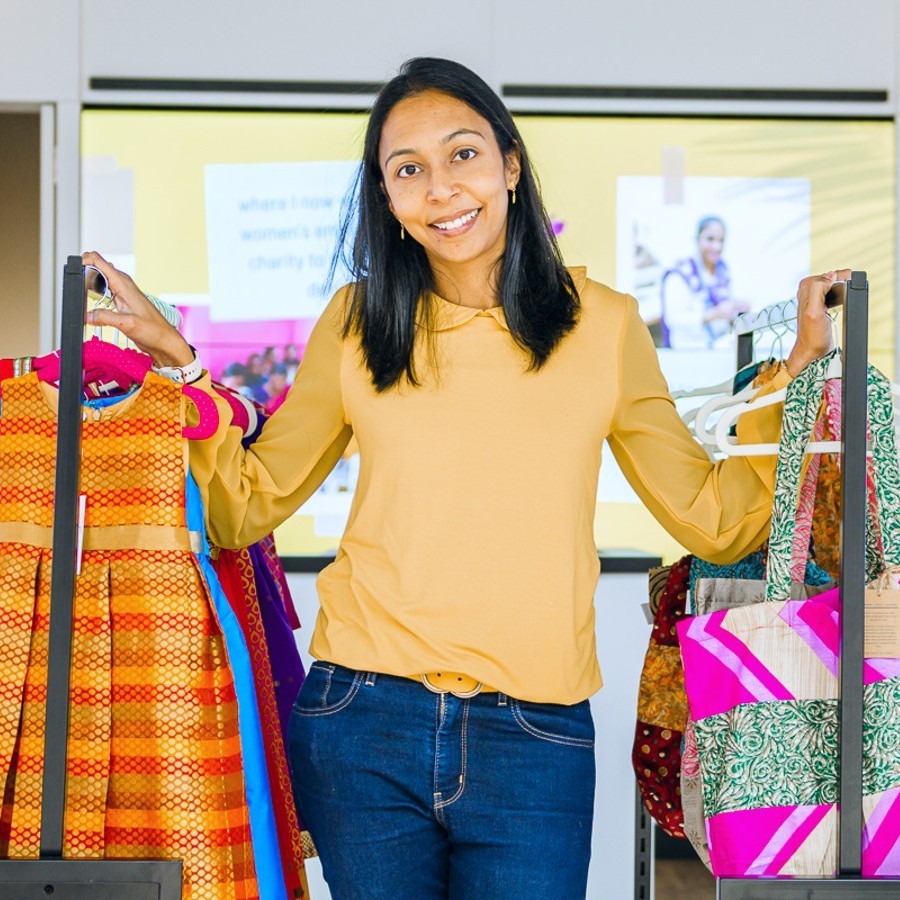
London, England, United Kingdom
Pri Pri contributes to a circular economy by using vintage saris to create sustainable children’s clothing and upcycled accessories. They collect preloved saris through personal contacts and secondhand markets, transform them into unique dresses and tops, and partner with Animedh Charitable Trust (ACT) to support marginalized women and ensure every scrap of the rescued material is used. Women in the (ACT) tailoring internship program use the fabric offcuts to produce colorful bags, wreaths, bunting, ornaments, gift wrap, and scrunchies. Pri Pri is part of Go Inspire, a network for sustainability and women-led businesses in Wimbledon.
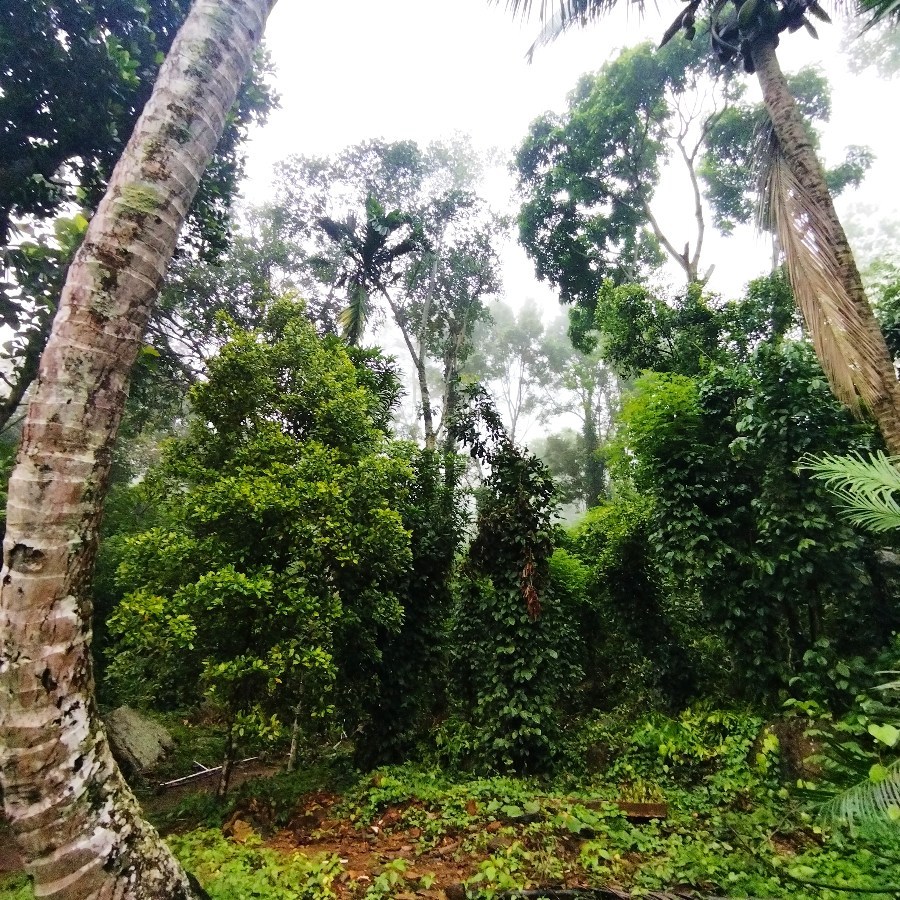
Golconda, Sri Lanka
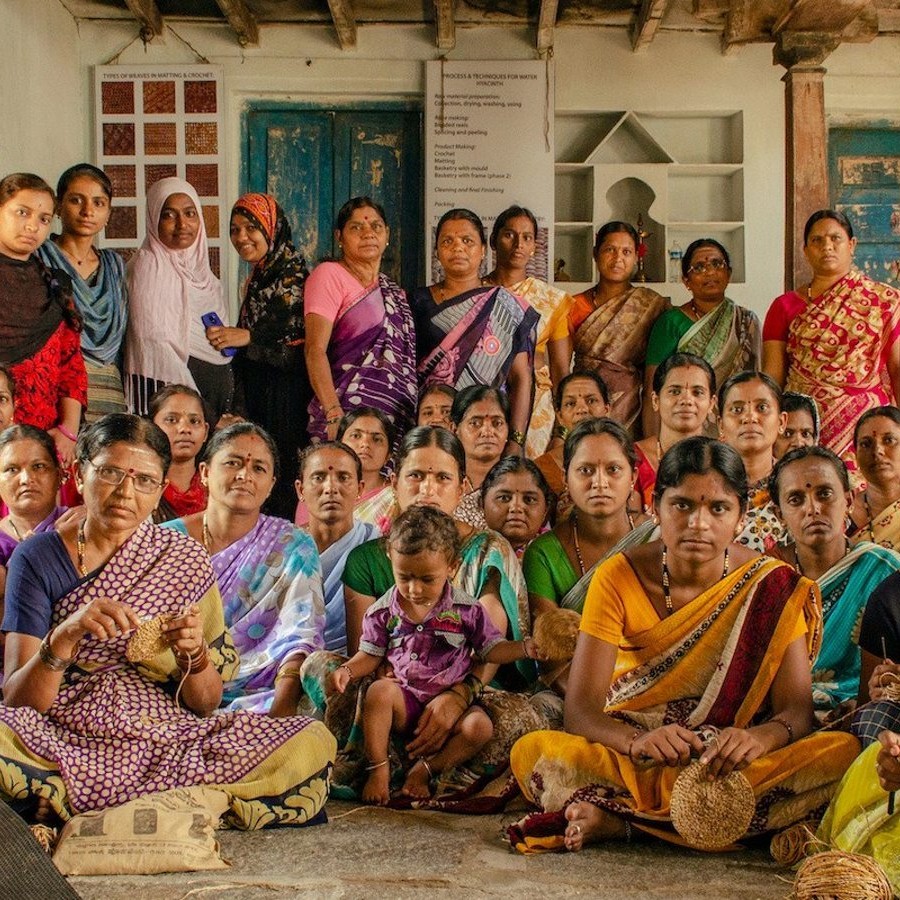
Naperville, Illinois, United States
TerraKlay collaborates with small artisan groups, collectives, and nonprofits in India to create handcrafted baskets, pottery, and home textiles. The artisans work within their homes and community workshops and set their own fair wages. Products are made to last from cotton, wool, upcycled banana fiber, natural plant dyes, Manipur black clay, and other sustainably sourced materials. TerraKlay prioritizes energy and water efficiency and waste reduction. They are part of Chicago Fair Trade.
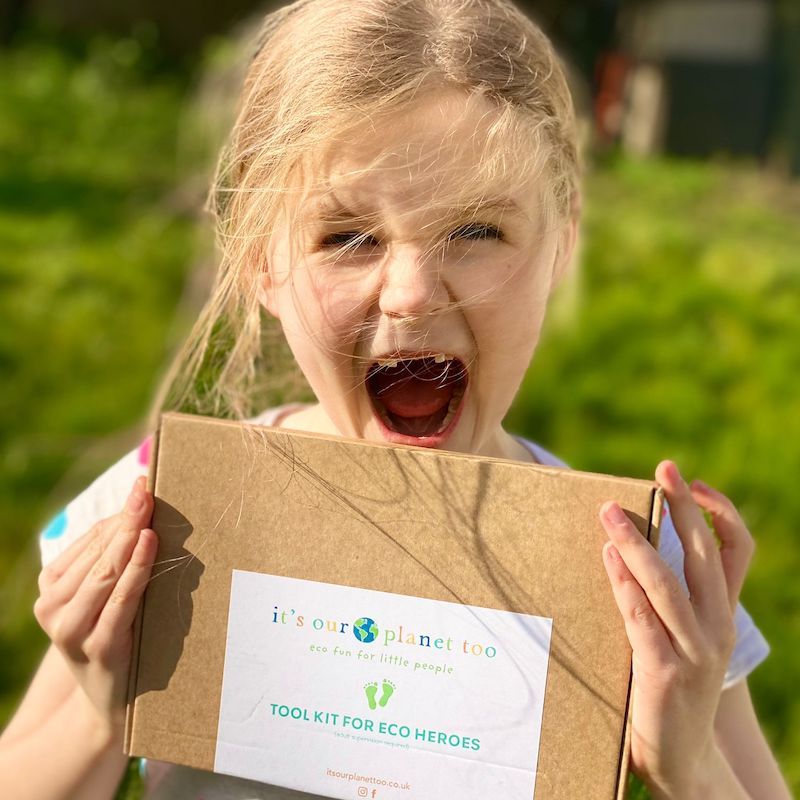
Hove, England, United Kingdom
It’s Our Planet Too offers eco activity kits, subscription boxes, and notebooks that inspire kids to love and care for the environment. Their vision is for every child to believe that they have the power to protect our planet. Each box contains a guide to help parents start conversations with their children about that specific environmental theme. It’s Our Planet Too is committed to sustainable sourcing. All products are plastic free, made from recycled paper and card, and printed with plant-based inks by a mission aligned printer. It’s Our Planet Too supplies eco activity boxes to schools so that content can be shared with all children and reinvests at least 50 percent of profits towards their environmental mission. They are a member of Social Enterprise UK.
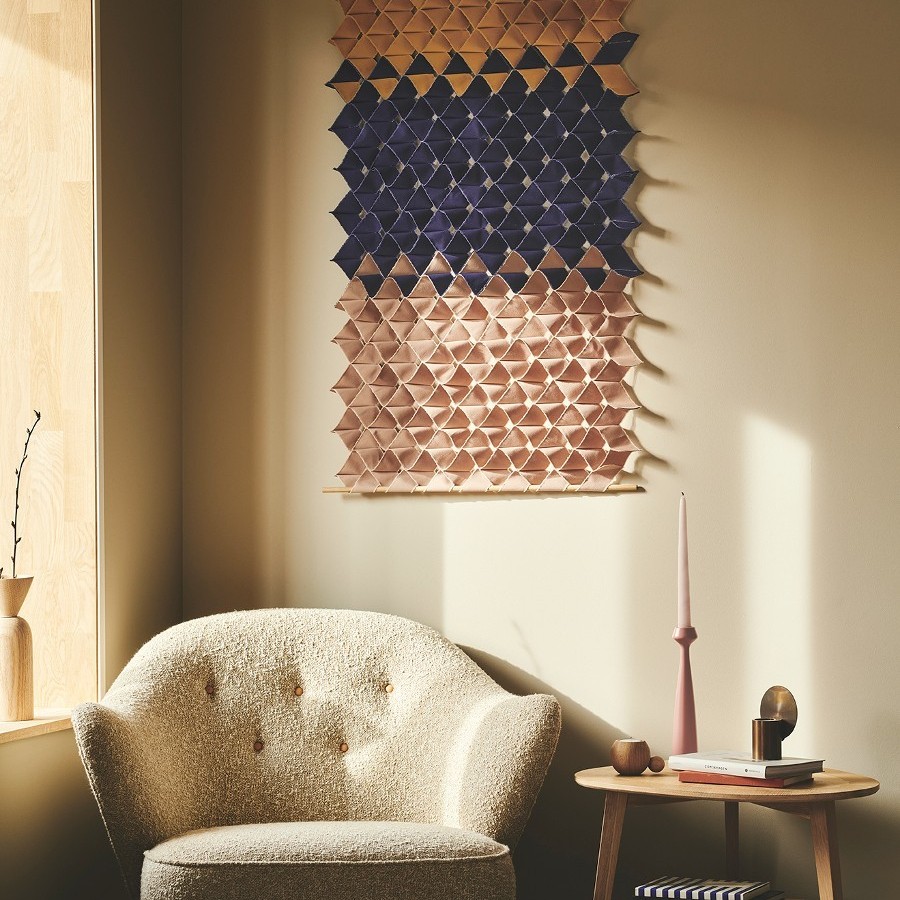
Kolding, Denmark
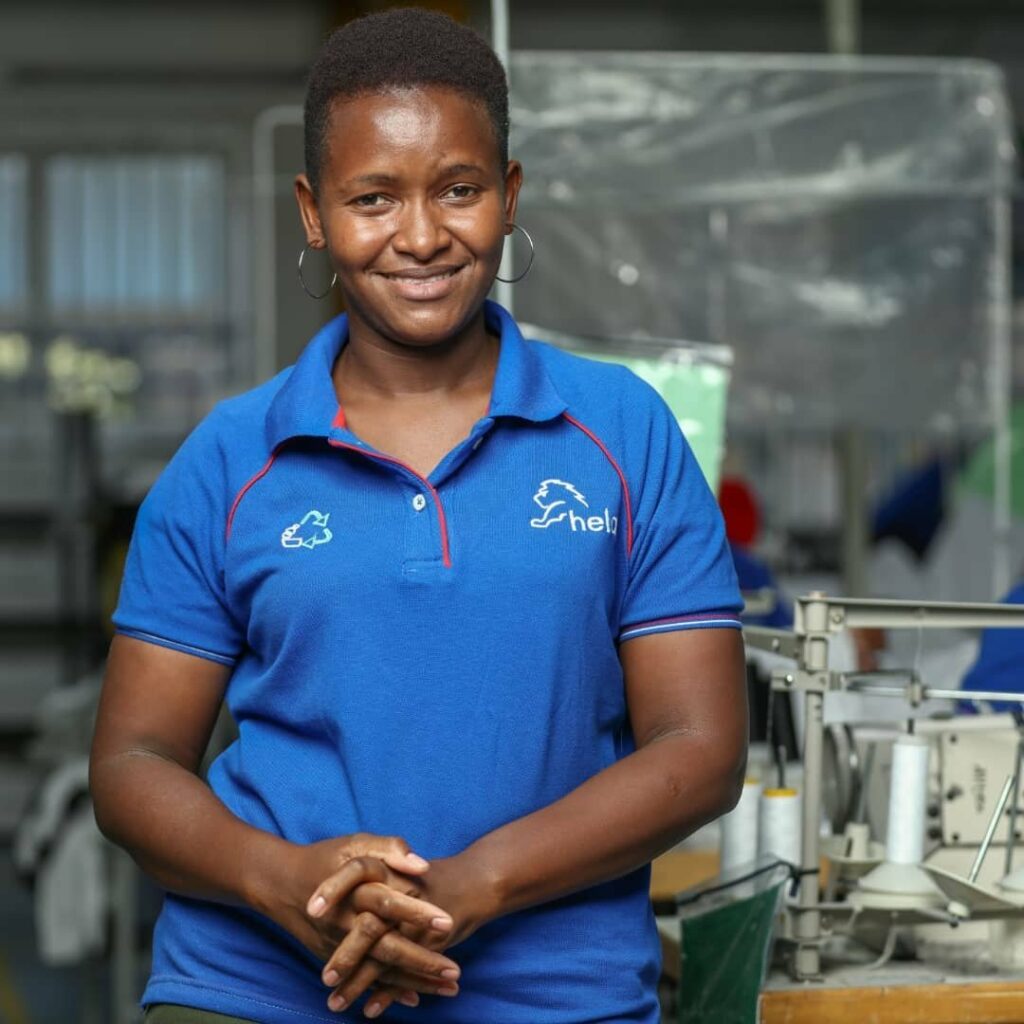
Colombo, Sri Lanka
Hela is a Sri Lankan apparel manufacturing group that provides sustainable and ethical supply chain solutions to leading intimates, sportswear, and kidswear apparel brands. They maintain a code of conduct for ethical employment that covers basic principles like no child labor, forced labor, or abuse of authority but also includes commitments to health and safety, diversity and inclusion, and career development. They offer programs like Personal Advancement & Career Enhancement (PACE) to develop communication skills and financial and legal literacy and Hela Diriliya to support employees and their family members to develop entrepreneurial activities. Diri Daruwo is an educational scholarship program, and Hela Fresh provides clean drinking water to communities in need. Hela has installed solar panels at their factories and has active targets to reduce water consumption and waste. They are working with partners to develop wellness fibers made from sustainable plant-based materials like seaweed and natural dyes made from Ceylon tea waste. Hela has obtained Global Recycled Standard (GRS) and Global Organic Textile Standard (GOTS) certifications, Higg Facility Environmental Module (FEM) verification, and ISO 14064-1:2018 certification for greenhouse gas reporting and reduction efforts. They are working towards B Corp certification.
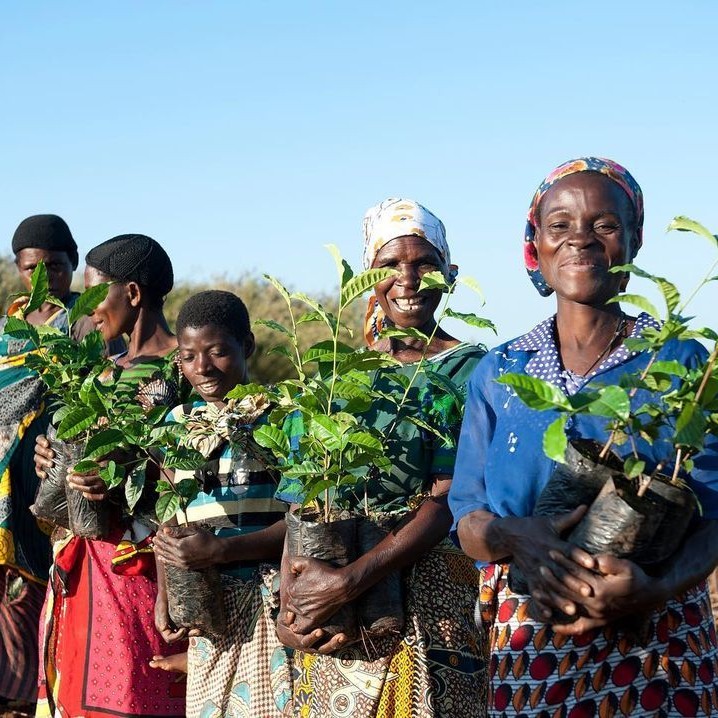
London, England, United Kingdom
Tea Rebellion was founded to rebel against how tea is traded, marketed, and consumed. They foster tea transparency and provenance by directly connecting tea drinkers with tea farmers that are committed to ethical and sustainable practices. Tea Rebellion partners with smallholders and cooperatives in Malawi, Kenya, Nepal, Indonesia, Taiwan, and Japan. They pay premium rates and donate to social and environmental projects in their partner farming communities. Teas are available loose leaf and in compostable pyramid bags with plastic free packaging. Tea Rebellion is a certified B Corporation.
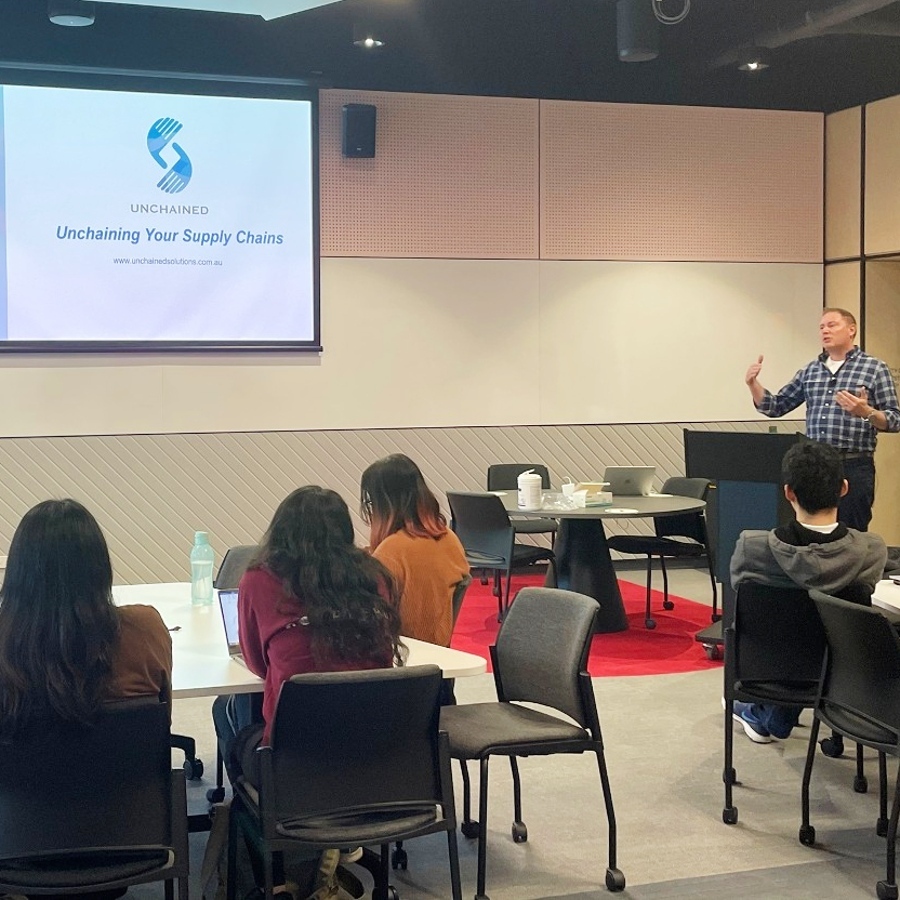
Macquarie Park, New South Wales, Australia
Unchained provides professional services to help Australian organizations address modern slavery. Modern slavery is a human rights violation that impacts more than 40 million people globally. It includes forced labor, debt bondage, domestic servitude, forced marriage, and human trafficking. Unchained works with businesses to assess the risk of modern slavery in their supply chains, comply with the Modern Slavery Act, and develop a strategic roadmap for engaging suppliers, enacting change, and measuring effectiveness. They support organizations of all sizes through affordable e-learning modules, virtual workshops, and toolkits. Unchained donates a portion of profits to Freedom Business Alliance, a network of social enterprises that directly benefit modern slavery survivors through vocational training and meaningful employment. They are part of Commonwealth 8.7 Network, Social Enterprise Council of NSW & ACT, Moral Fairground, Australasian Supply Chain Institute, and The Xfactor Collective.
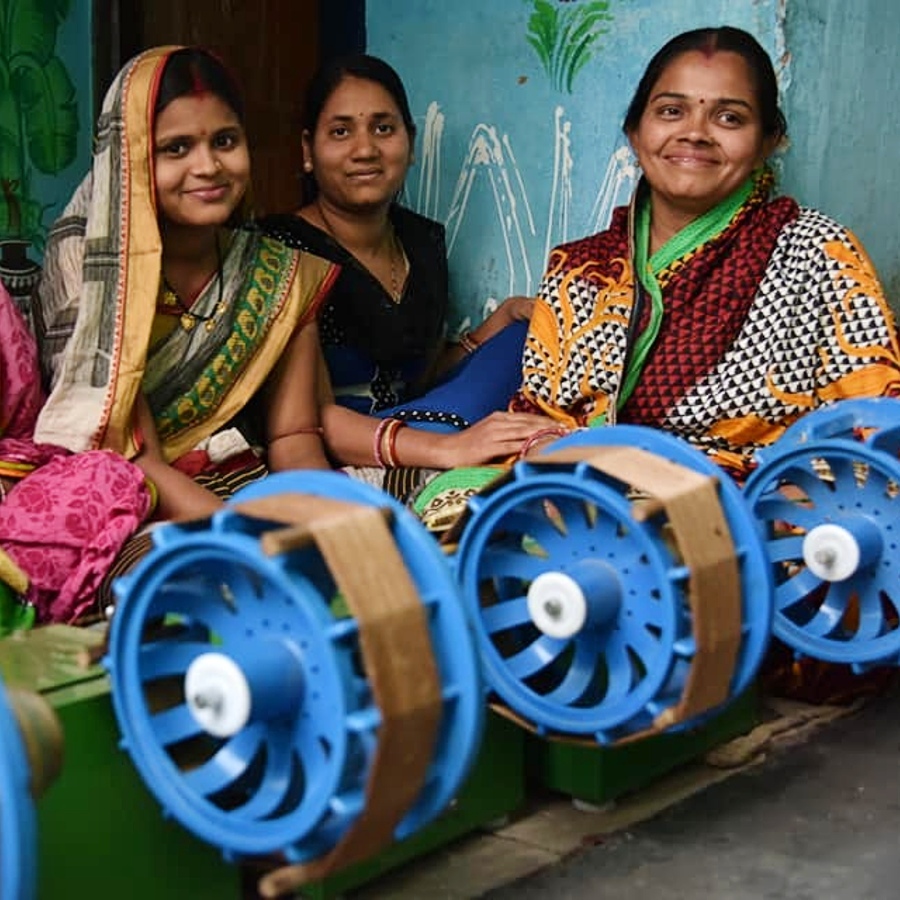
Delhi, India
Resham Sutra focuses on sustainable innovations to enable and empower underprivileged rural artisan communities. They specialize in solar-powered machinery for spinning, reeling, twisting, and weaving silk yarn. The majority of their customers are rural and indigenous women who earn less than 30 dollars per month. Resham Sutra equipment reduces drudgery, increases productivity, doubles or triples incomes, and supports financial independence. They provide warranties, accessible service centers, and periodic free maintenance through service camps. Resham Sutra is developing rural training and production centers for silk yarn and fabric and integrated farm-to-retail value chains so that buyers have a fully traceable supply of ethical, ecologically responsible silk yarn and fabric. They partner with organizations working for sustainability including Catalyst 2030 and Clean Energy Access Network.

İstanbul, Turkey
Bilim Virüsü, which means Science Virus, is a learning platform that “infects” young people with a passion for science and helps them develop 21st century competencies that contribute to living in harmony with nature and each other. They work for systemic social change driven by scientific thinking and learning. Their programs, models, and events support young people to increase their self-confidence, improve their skills, come together with their peers, develop tools and networks for action, demand their rights, participate in decisions that affect them, and be able to deal with the uncertainty and challenges of the climate crisis and the new information age. Bilim Virüsü is part of Sivil Sesler Festivali.
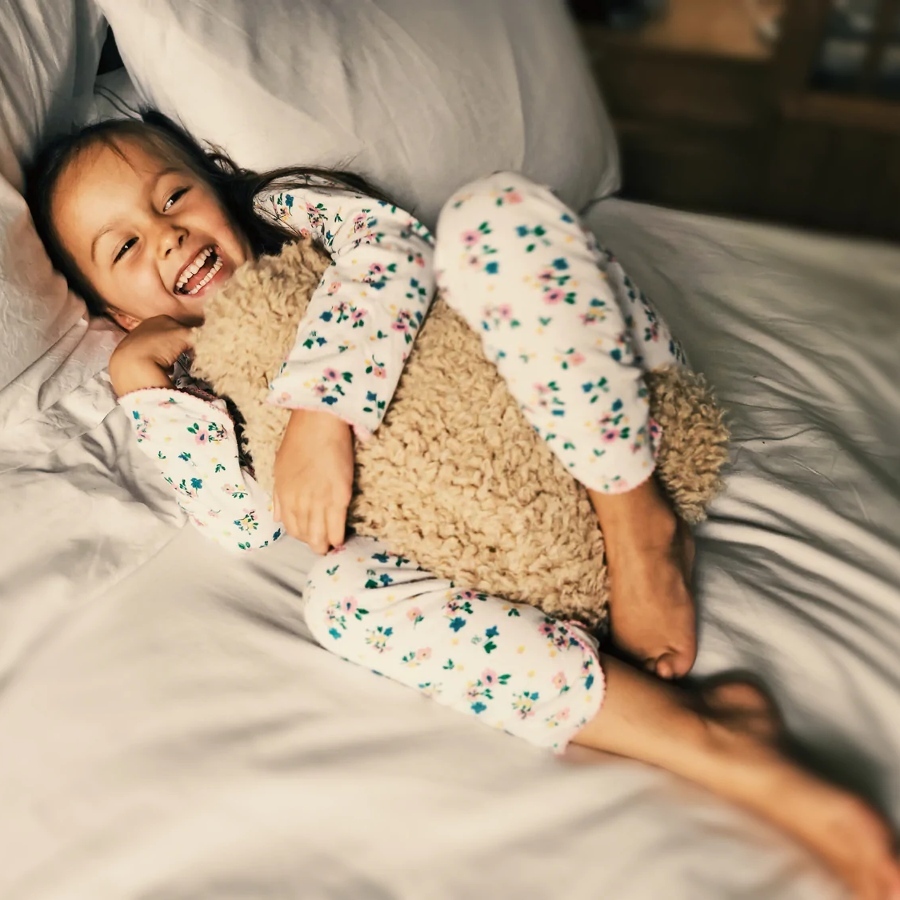
Stroud, England, United Kingdom
CosyPanda offers sustainably made home goods that enable people to reduce fossil fuel consumption and save money by using less central heating. They specialize in hot water bottles and hot water bottle covers that are made in the United Kingdom from natural latex rubber, recycled PET bottle fabric, natural bamboo, and organic cotton. Packaging is recycled, compostable, and recyclable. CosyPanda segregates waste, recycles, composts, and practices water and energy conservation. They donate 10 percent of profits to the Red Panda Network, which works with local communities in Nepal to plant bamboo and protect wild red pandas.

Seferihisar, Turkey
İklimler Güzeldir specializes in positive content creation, sustainability and climate communication, and the design and delivery of environmental campaigns. They “think globally and act locally” with a focus on highlighting biodiversity, living culture, and positive action in Anatolia. İklimler Güzeldir compiles local knowledge, shares information from other regions, and actively participates in community initiatives and networks.
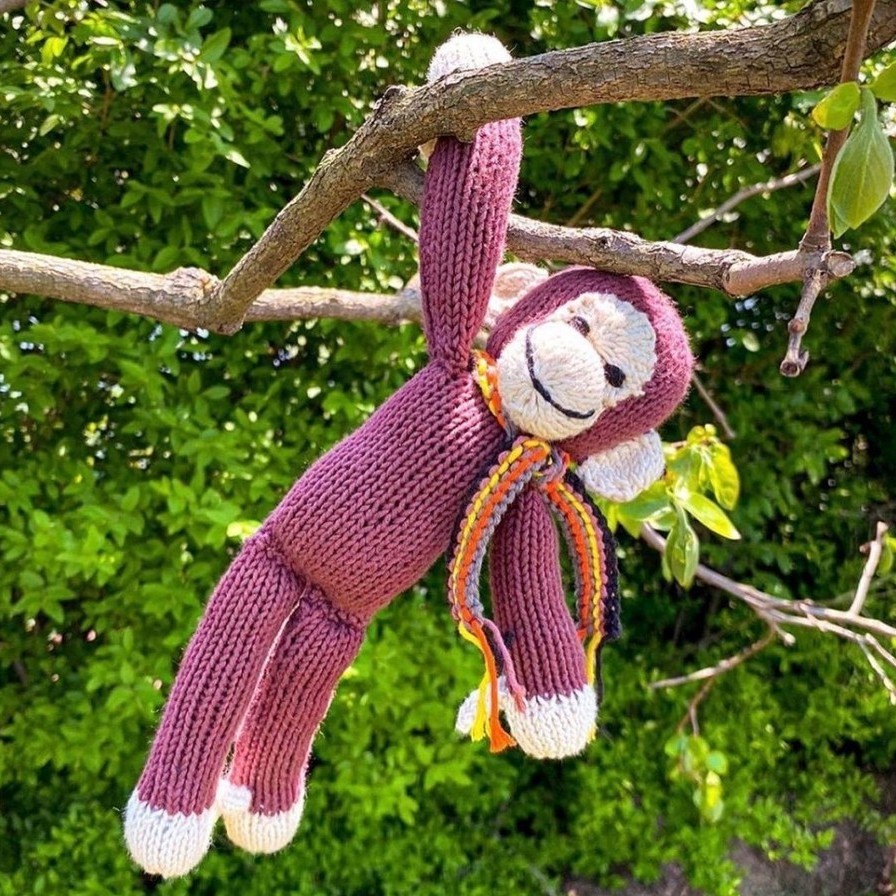
Bardon, Queensland, Australia
The Fig Tree Gift Shop offers fair trade products that support artisans around the world and fund orphaned and vulnerable children in Sierra Leone. The online shop features hand knit toy animals from Kenana Knitters in Kenya, handwoven hammocks from Mayan Legacy in Mexico, and affordable gift options from Guatemala, Indonesia, the Philippines, China, and Australia. Products are also available through local marketplace events. The Fig Tree Gift Shop donates 50 percent of profits to The Fig Tree Children to provide monthly support, school fees, and supplies for children in Sierra Leone. They are a member of the Queensland Social Enterprise Council (QSEC).

Lekki, Nigeria
Craftmerce is an online wholesale marketplace that connects African brands and artisan groups with international retail partners. They focus on handmade products that are ethically and sustainably sourced. By expanding access to new markets, Craftmerce helps African brands create more living wage employment opportunities so artisans can afford quality health care and education for their families. They offer training, support services, and pre-production credit facilities to qualified sellers. Craftmerce is part of The Assembly and SheTrades.

Ankara, Turkey
NİCE is a women’s cooperative that creates new livelihood opportunities for women in need, raises their social and economic awareness, and provides professional infrastructure and marketing and sales support. Their workshop is located in a historic Ankara castle. The women specialize in wet felting, embroidery, and unique handmade clothing and accessories. NİCE is open to anyone in need, but they have a particular focus on domestic violence survivors. They reinvest all profits in their members and their mission.
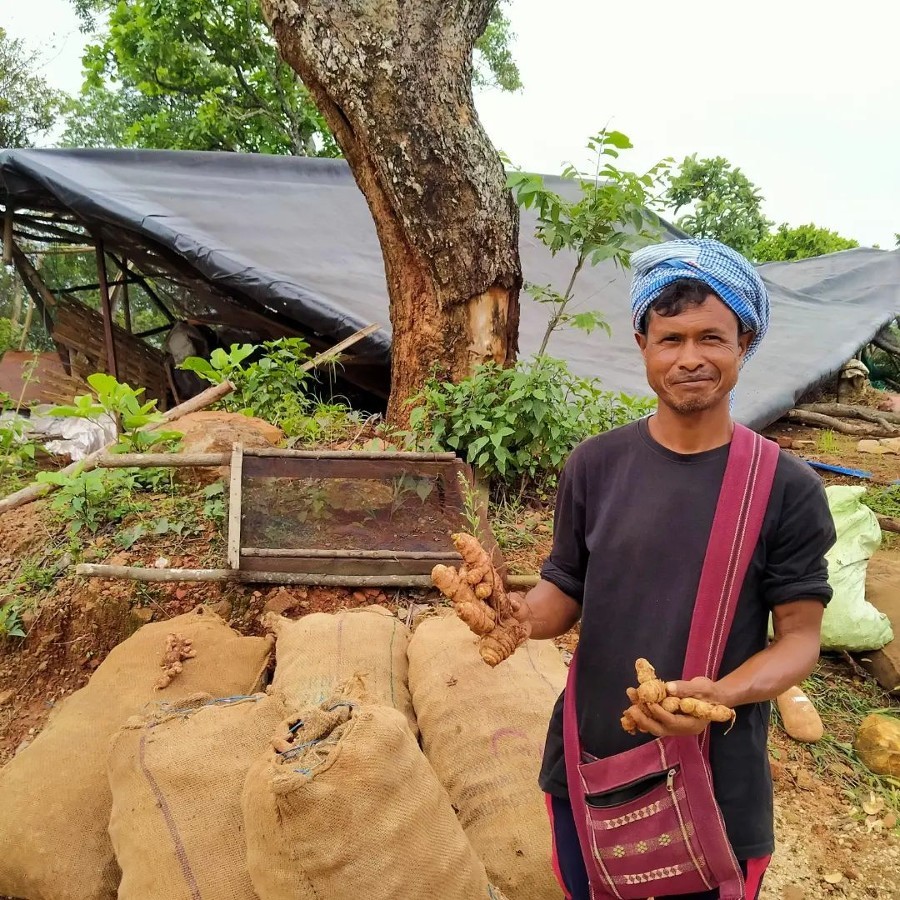
Nonglwai I, Meghalaya, India
Organic Affair promotes organic practices and products in order to ensure sustainable livelihoods for small-scale farmers, clean natural food for consumers, and regenerative agroecosystems for a healthy planet. They work with more than 1,500 farmers, most of whom are women in tribal areas, to produce heirloom spices like Lakadong turmeric and local cinnamon. Organic Affair provides free training, assists farmers with organic certification, pays a fair trade organic premium, and maintains a community seed bank to ensure access to quality planting materials. They work with FoodLens to provide full blockchain traceability.
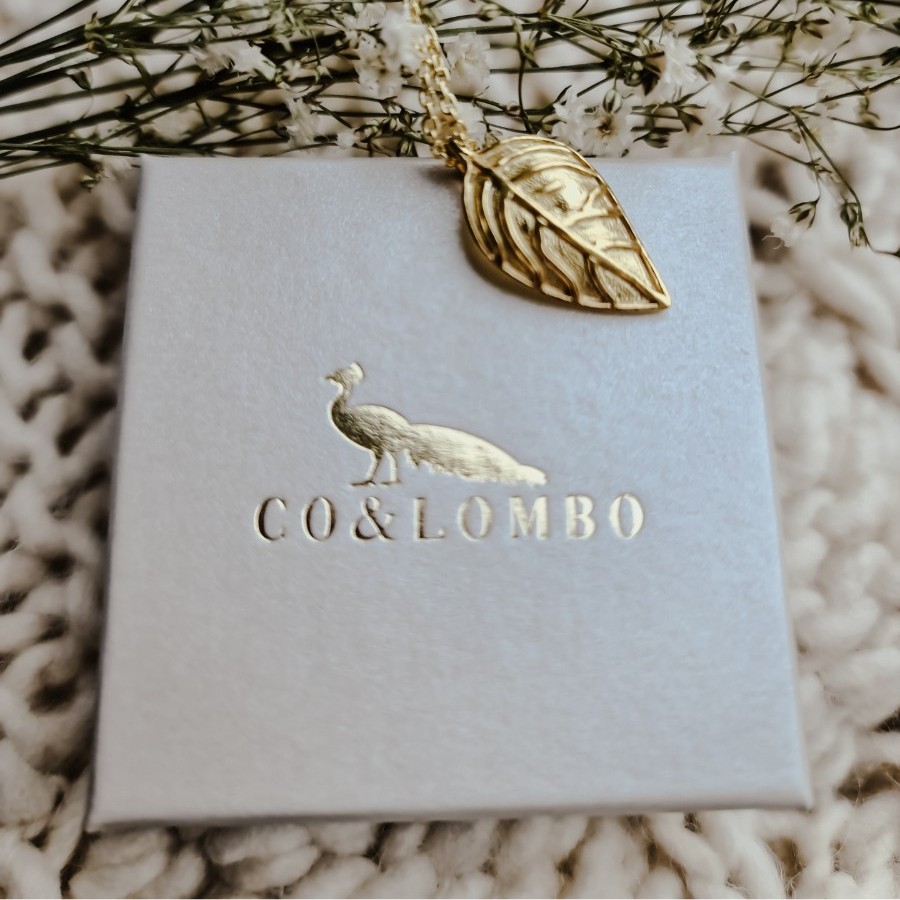
Köln, Germany
Co & Lombo jewelry is designed in Cologne and ethically handcrafted in Sri Lanka from recycled gold and silver and sustainably sourced pearls. The founder is an adoptee from Sri Lanka who grew up in Germany and reunited with her biological mother after 38 years. She created Co & Lombo to give back to her birth country and provide fair living wages and financial security for Sri Lankan families. They partner with a small, family-run business that has been making quality jewelry for generations and has a shared commitment to social and environmental responsibility. Co & Lombo is a member of Friedenskinder, a German association that supports children in Sri Lanka, and contributes to Sambol Foundation, a shelter for women in need.

İzmir, Turkey
Eğlenceli Bilim develops hands-on science education materials and programs to help children in Turkey develop scientific literacy, innovative thinking skills, and an appreciation for nature. They offer home science experiment kits for families, fun science workshops for birthdays and special events, and science education materials and programs for schools. Eğlenceli Bilim partners with municipalities, companies, and nonprofits to provide science education opportunities for disadvantaged children. Partner organizations include Mother Child Education Foundation (AÇEV), Aegean Contemporary Education Foundation (EÇEV), Turkish Education Association (TED), and Sabancı Foundation.
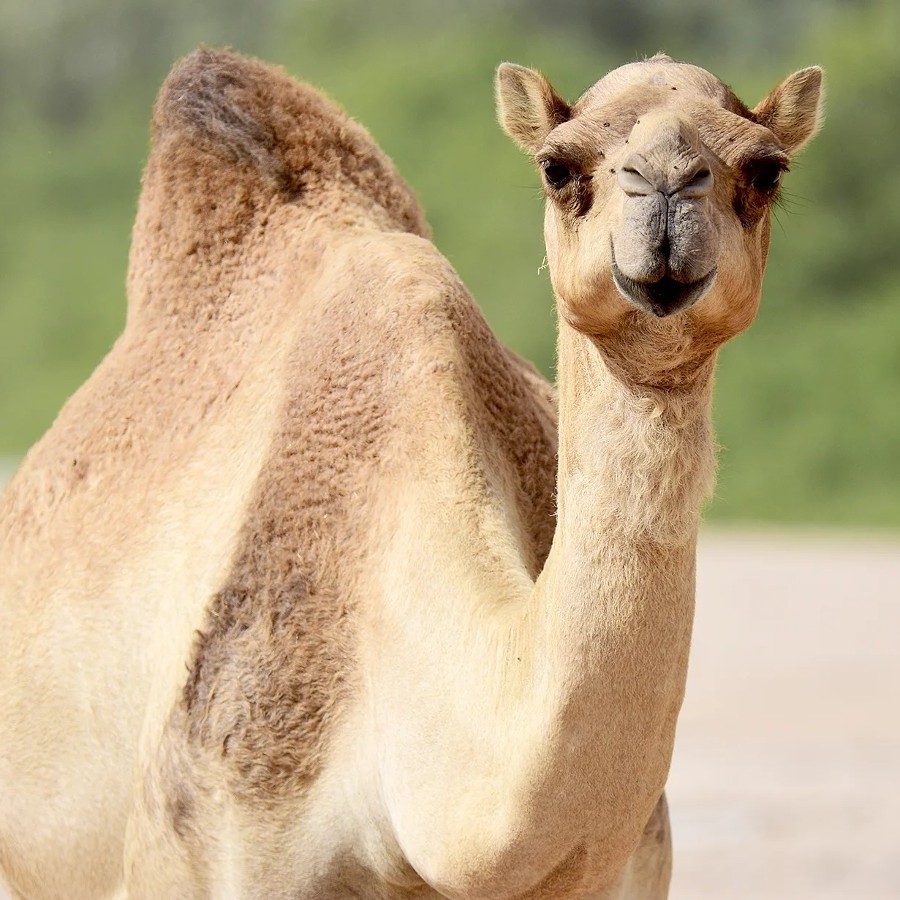
Bikaner, Rajasthan, India

Washington DC, United States
Saathëa was started to share the health and skin benefits of the butterfly pea flower while creating economic opportunities for women who are vulnerable to human trafficking and modern-day slavery. They partner with Cambodian social enterprises to train at-risk rural women in organic farming techniques and entrepreneurship and to develop Prosperity Gardens that support food security and income generation. Saathëa sources their blue butterfly pea flower harvest to produce herbal tea and blue matcha powder for the international health and beauty market. They pay fair trade prices and reinvest a portion of all sales into the community.
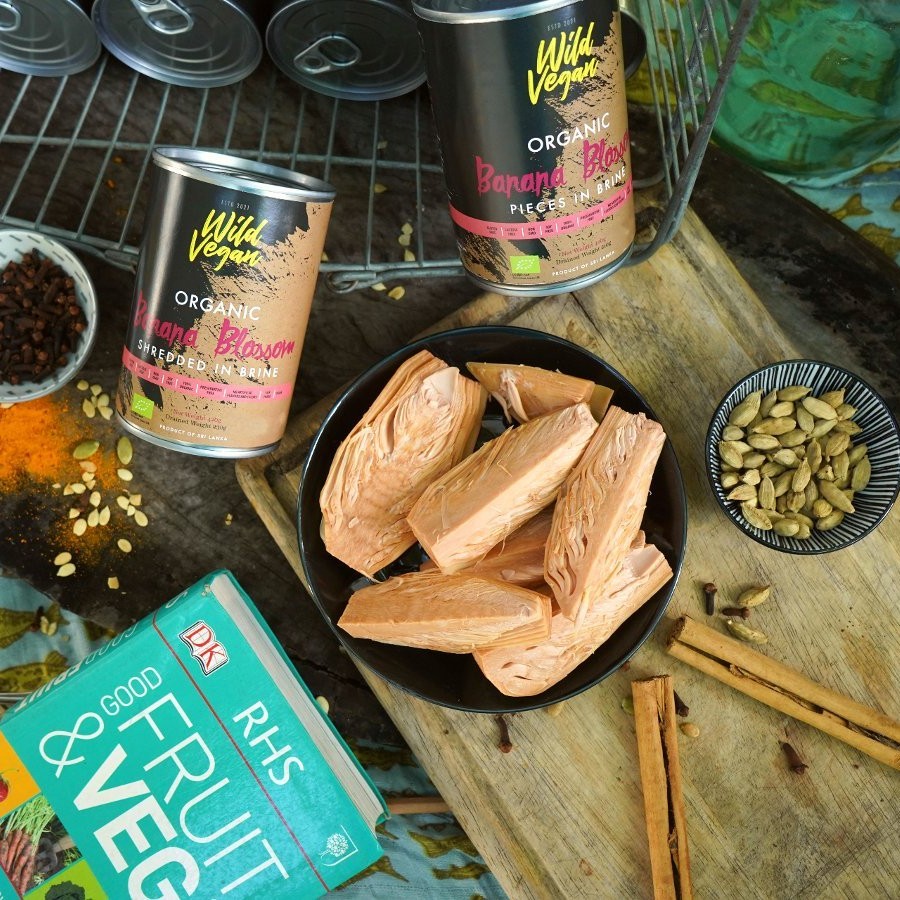
Moratuwa, Sri Lanka
Wild Vegan funds nature conservation and supplies organic vegan food and drinks with a focus on natural meat substitutes like young jackfruit and banana blossom. They offer a range of canned, bottled, and dehydrated products that reduce seasonal food waste, add value to perennial forest garden crops, and are free from plastic packaging, artificial colors, flavors, preservatives, gluten, dairy, and soy. Wild Vegan partners with a solar-powered, fair trade certified processing facility that is committed to reducing water use and waste. They donate 50 percent of profits to wildlife conservation, reforestation, and environmental sustainability projects. Wild Vegan has EU and USDA organic certification through Control Union.
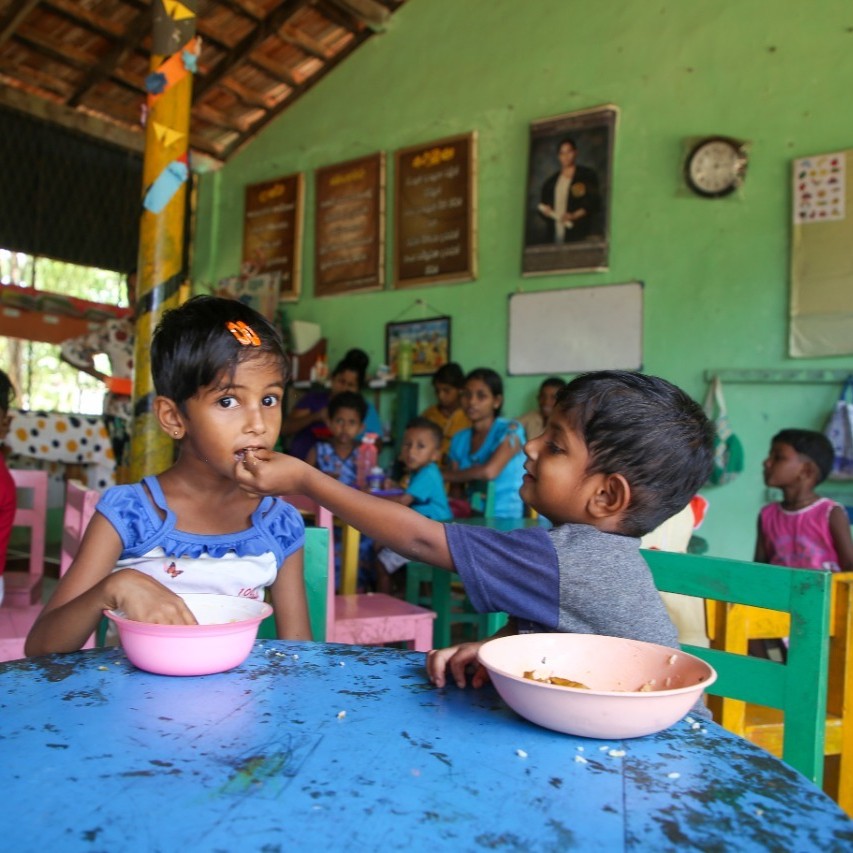
ChildFund Sri Lanka was established in 1985 to improve the lives of deprived, excluded, and vulnerable children in Sri Lanka and provide them with the capacity and opportunity to become young adults, parents, and leaders who bring lasting and positive change in their communities. They partner with government agencies, companies, social service clubs, and other supporters to implement programs related to health and nutrition, early childhood development, disability inclusion, child protection, digital learning, youth entrepreneurship, disaster response, and environmental protection. In response to the Sri Lankan economic crisis, they are also supporting home garden development, supplying rechargeable lights, and providing supplementary meals through community kitchens. ChildFund Sri Lanka is registered as a not-for-profit organization and is a member of ChildFund International.
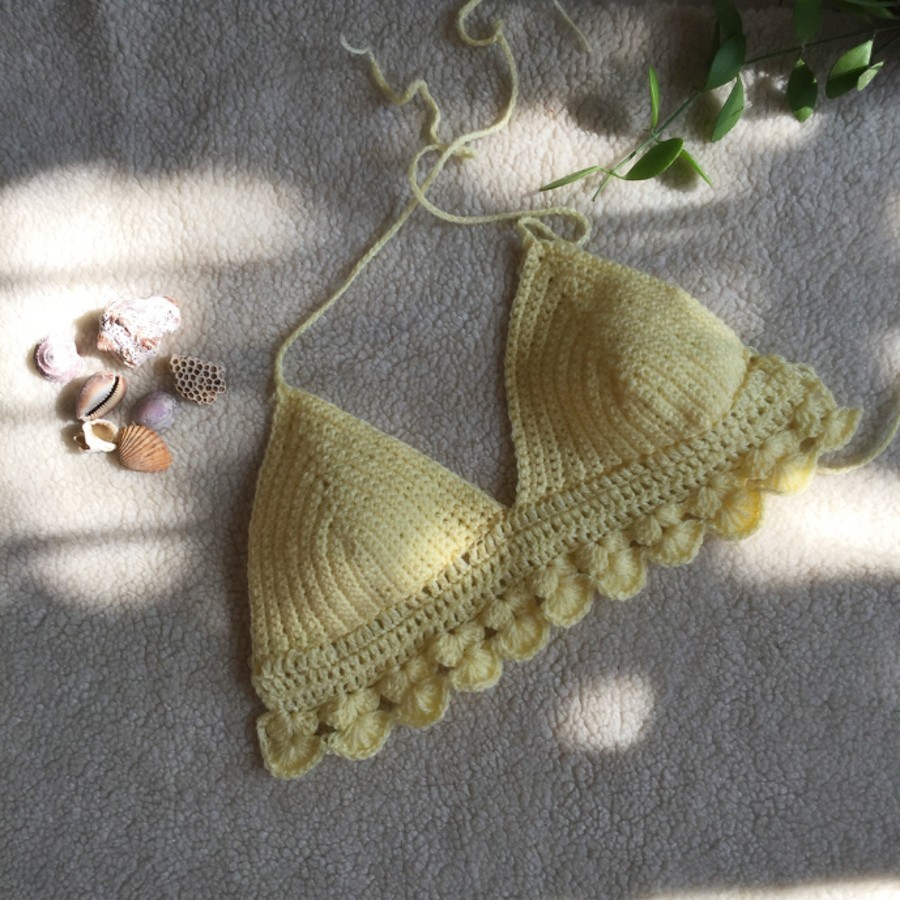
Colombo, Sri Lanka
WEAV creates hand knit and hand crocheted clothing and accessories from upcycled factory waste yarn and trim. They are committed to waste reduction and environmentally responsible materials, and they actively participate in local beach cleanups and shramadana events.
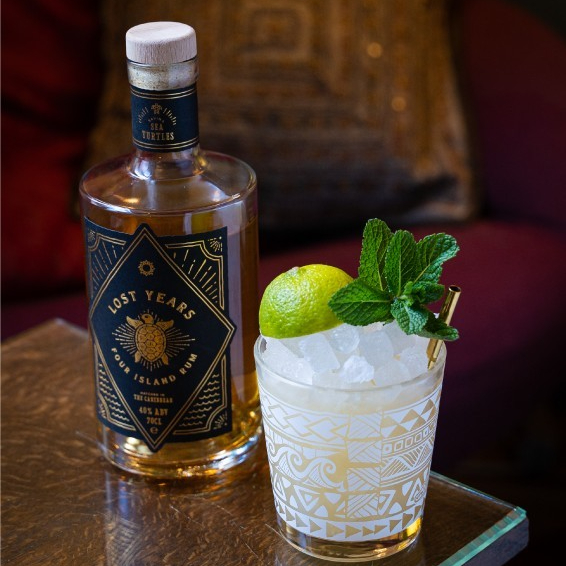
Ludlow, England, United Kingdom
Lost Years partners with Caribbean distilleries to produce a premium range of rums that contribute to saving endangered sea turtles. Their rums are vegan, made from natural molasses and sugar cane with no artificial flavors or colors, and packed in plastic free packaging. They use sustainably sourced wood and cork stoppers, a plant-based cellulose seal, Forest Stewardship Council (FSC) certified cardboard, and lighter weight glass bottles to reduce transport emissions. For every sale, Lost Years Rum makes a top line donation to SEE Turtles to fund community-based conservation at key nesting sites across the Caribbean and Latin America. They offset carbon emissions by planting seagrass around Puerto Rico through the Ocean Foundation’s Seagrass Grow project.
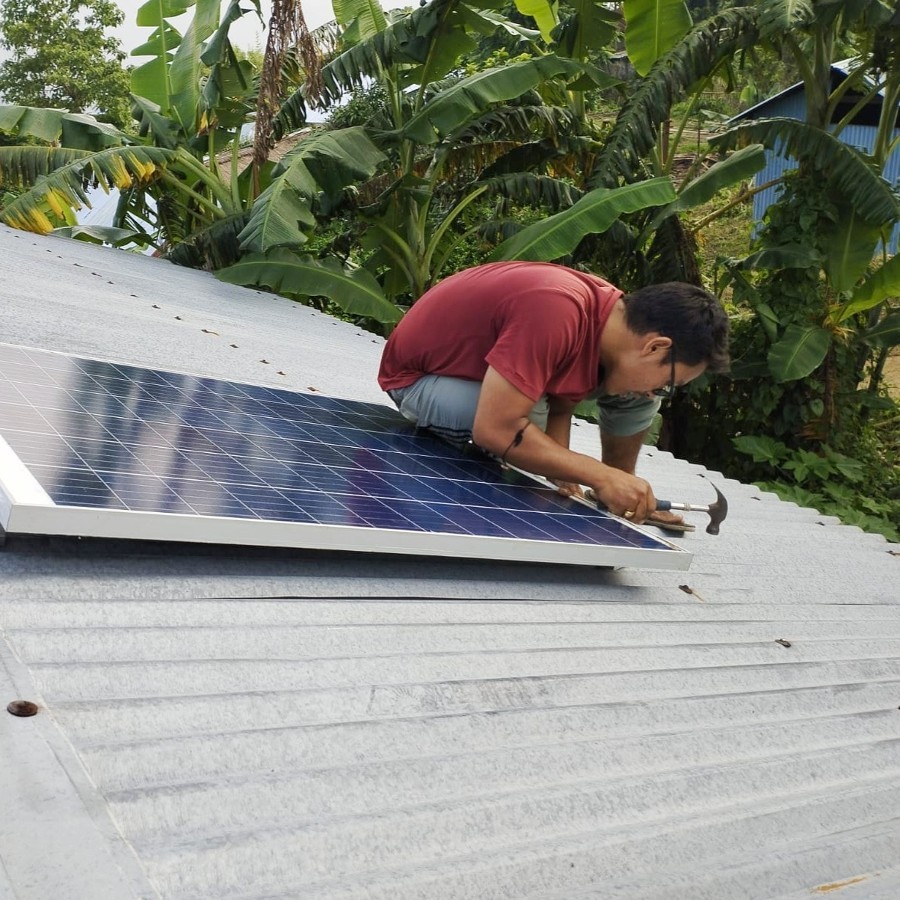
Yairipok, Manipur, India
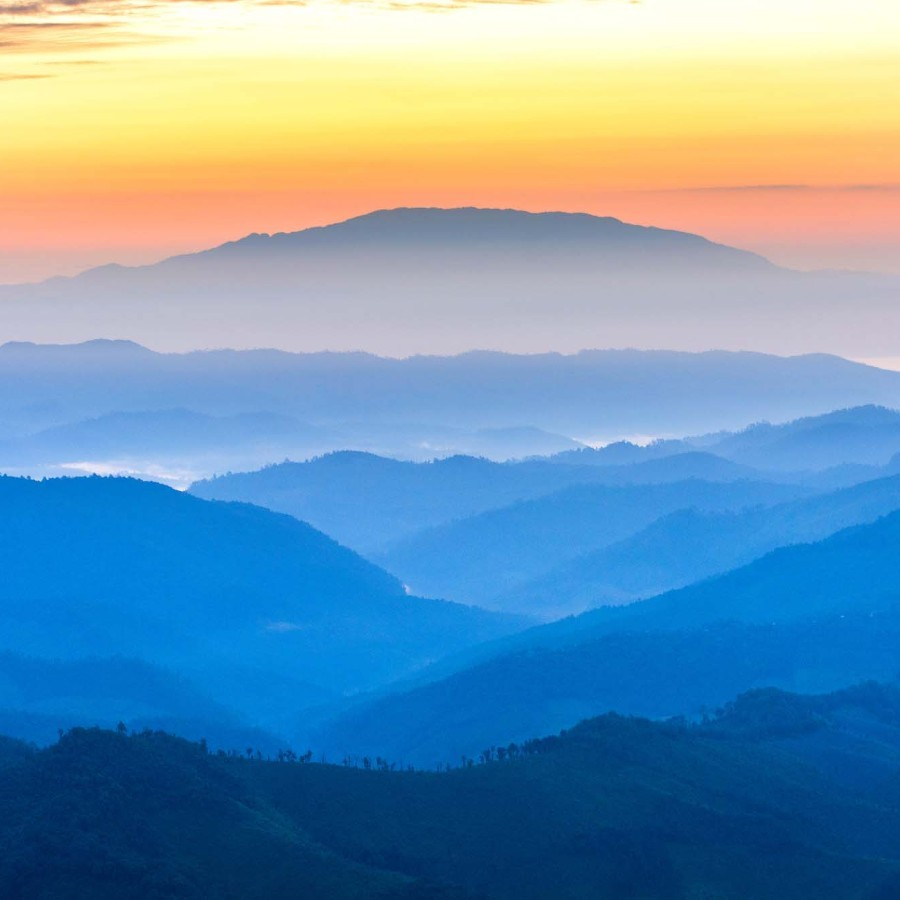
Indialantic, Florida, United States
The Calming Card aims to improve quality of life by providing practical mental health wellness tools to relieve anxiety and stress in real time. They complement longer term strategies like meditation and therapy, which require significant time and dedication. The Calming Card and The Calming App are based on recent brain scan studies which show that mental math and other memory-based exercises can stimulate the dorsolateral prefrontal cortex, contribute to immediate calm and focus, and provide quick relief during times of anxiety and stress. The Calming Card partners with schools, women’s centers, hospitals, clinics, veterans organizations, and mental health support groups to create customized solutions and make these tools accessible to at-risk communities. For example, Crisis Text Line offers a wallet size card that includes their crisis text phone number. The Calming Card was developed by DreamSky Farm, a Florida Social Purpose Corporation.
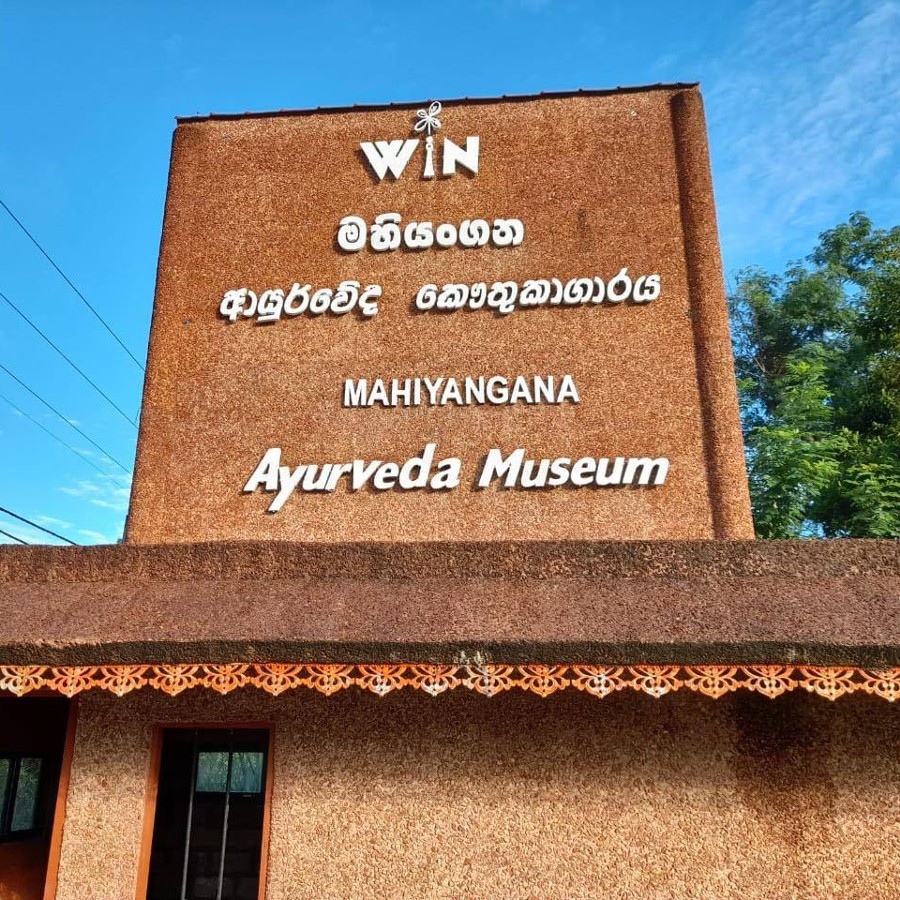
Dambana, Sri Lanka
With In Nature (WIN) Ayurveda Museum was created by two Ayurvedic doctors to raise public awareness about traditional Ayurvedic medicine. Their new facility is located in Mahiyanganaya near a community of Sri Lanka’s indigenous Vedda people and welcomes schoolchildren, tourists, and the general public. They showcase historic photos, traditional Ayurvedic equipment, ingredients and processing methods for Ayurvedic medicines, details on more than 400 herbal plants, and statues demonstrating purwakarma and panchkarma treatments. Ayurveda Museum also produces a range of natural herbal teas, inhalers, ointments, and tablets that are registered under the Department of Ayurveda. They encourage visitors to protect medicinal plants and grow indigenous trees. They aim to plant more than 500,000 trees through the project.
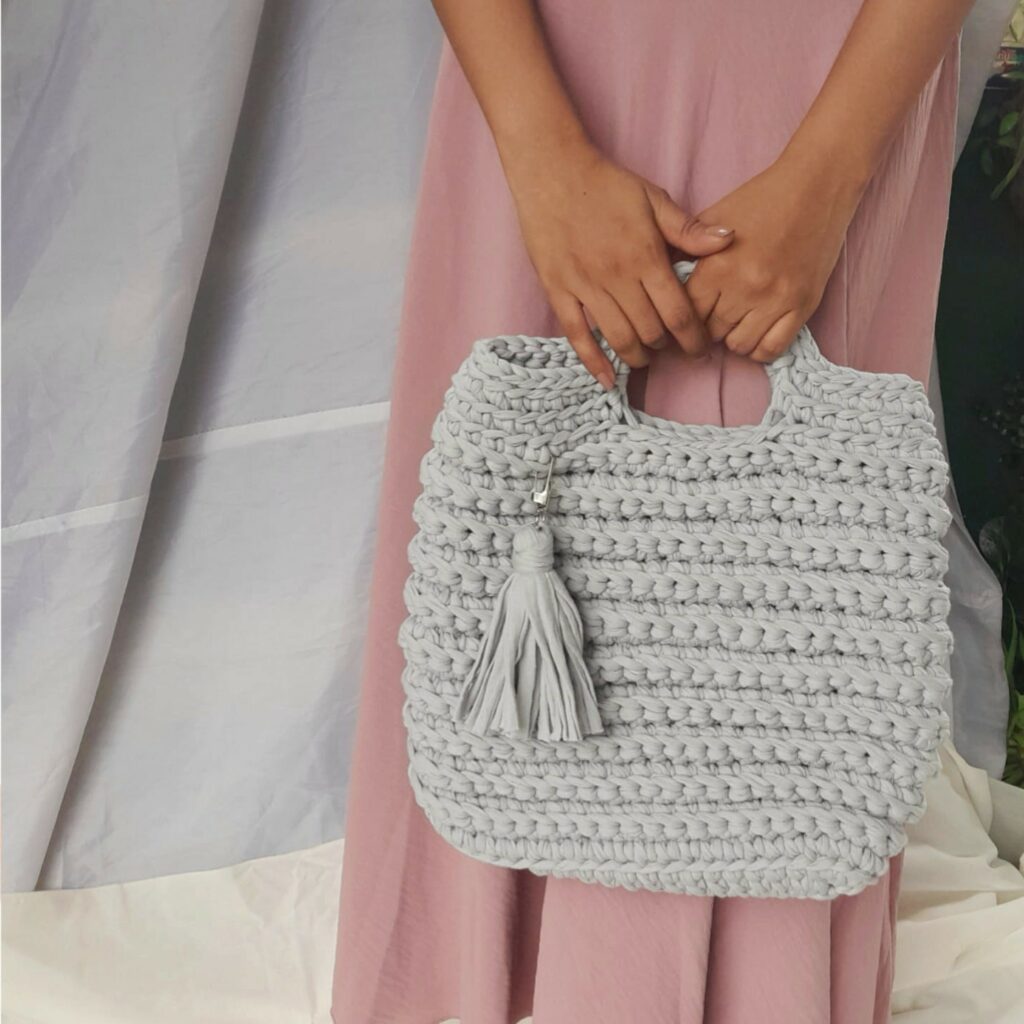
Malabe, Sri Lanka
Noura creates hand crocheted bags, accessories, and housewares from discarded t-shirt fabric and other apparel factory waste. Their unique upcycled products are available at affordable rates and provide a local, environmentally responsible alternative to imported plastic goods. Noura contributes at least 10 percent of profits to tree planting and rural environmental initiatives.
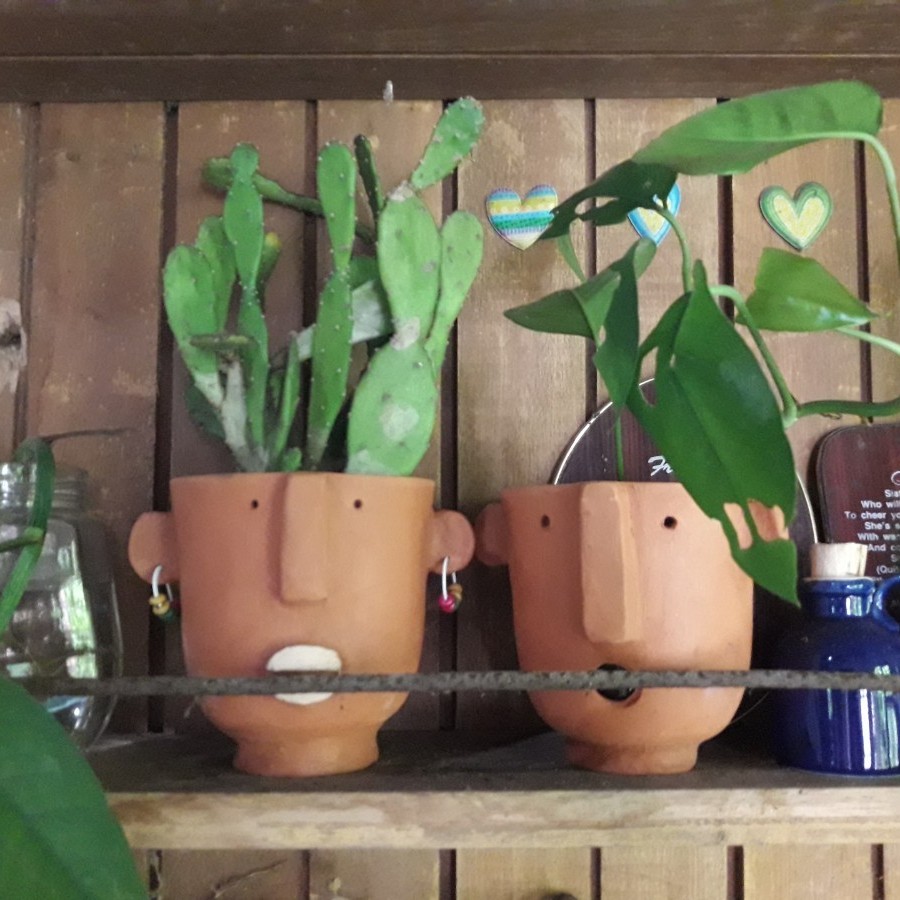
Seethawakapura, Sri Lanka
The Clay Tale creates functional handmade clay products from locally available natural materials as an alternative to imported plastic housewares. They reuse all scrap materials and raise awareness about environmental protection and supporting the local economy.
Know an initiative that’s good for people and good for the planet? The application is currently available in English, Sinhala, Tamil, Urdu, Spanish, and Japanese and started in Nepali: www.goodmarket.global/apply Want to help make it available in another language? Learn more about the community translation project here.